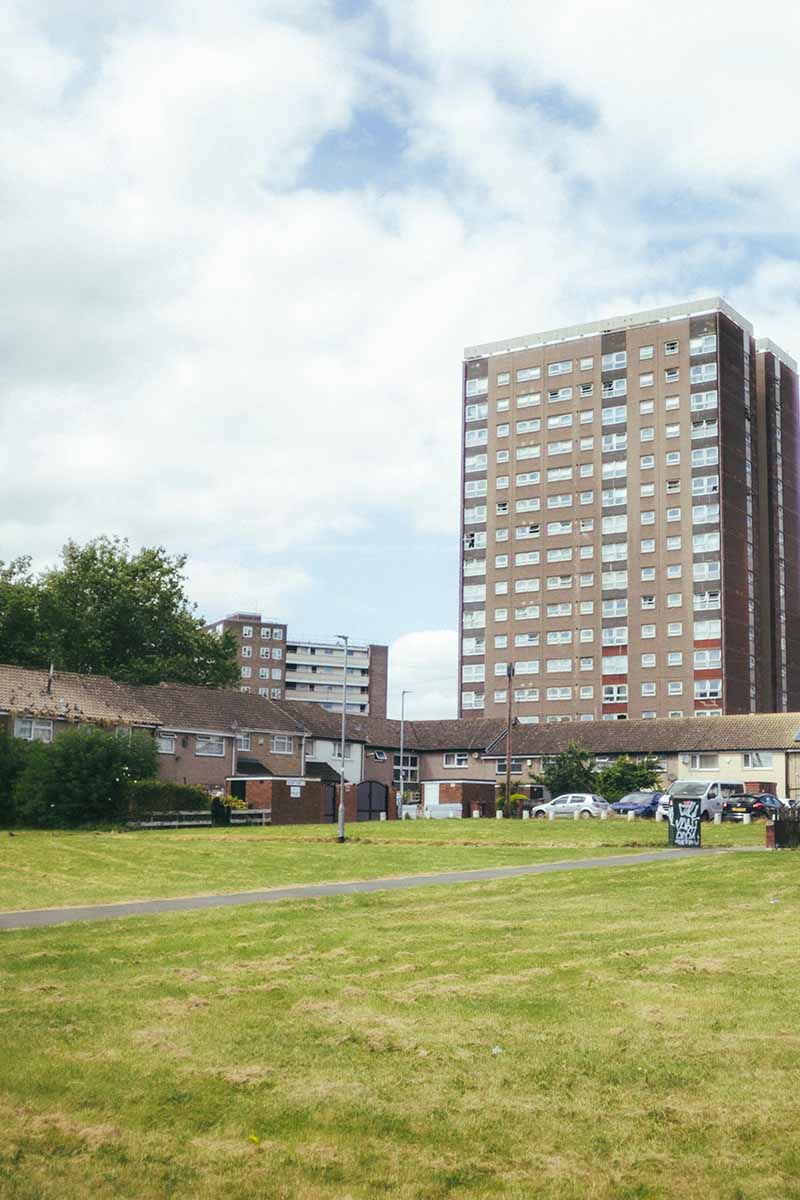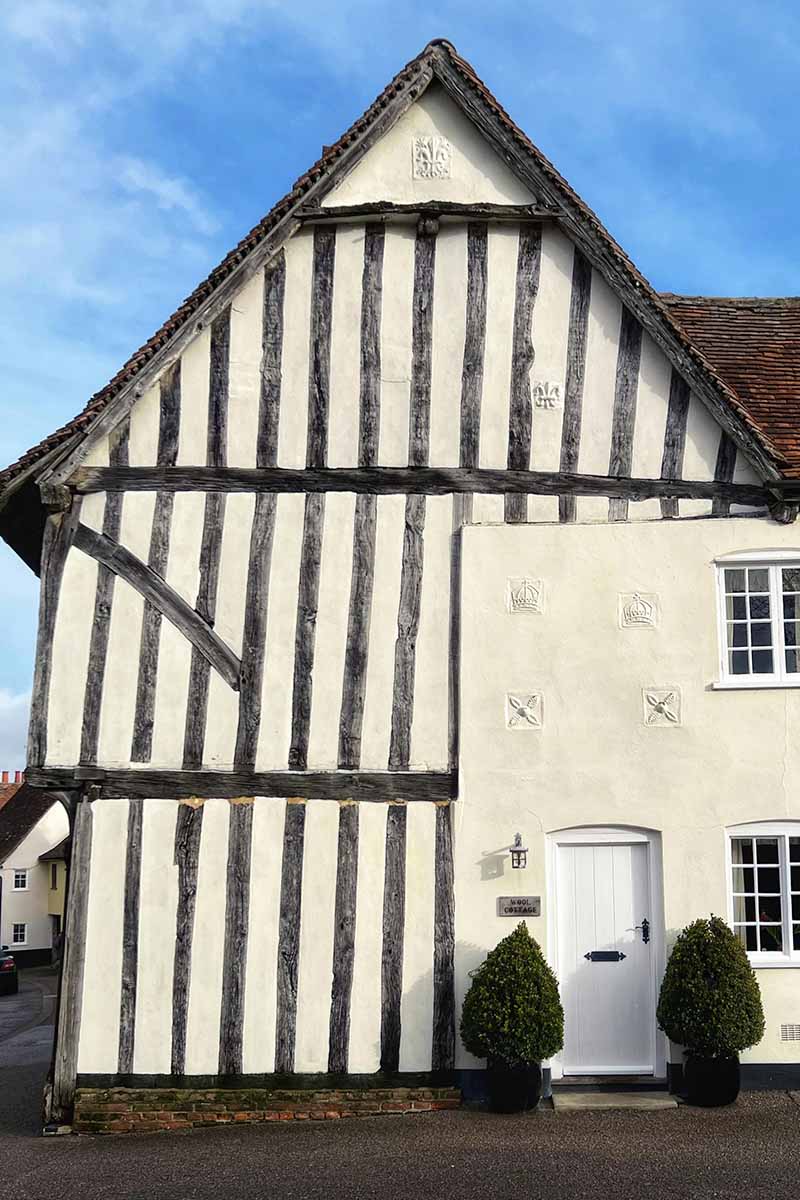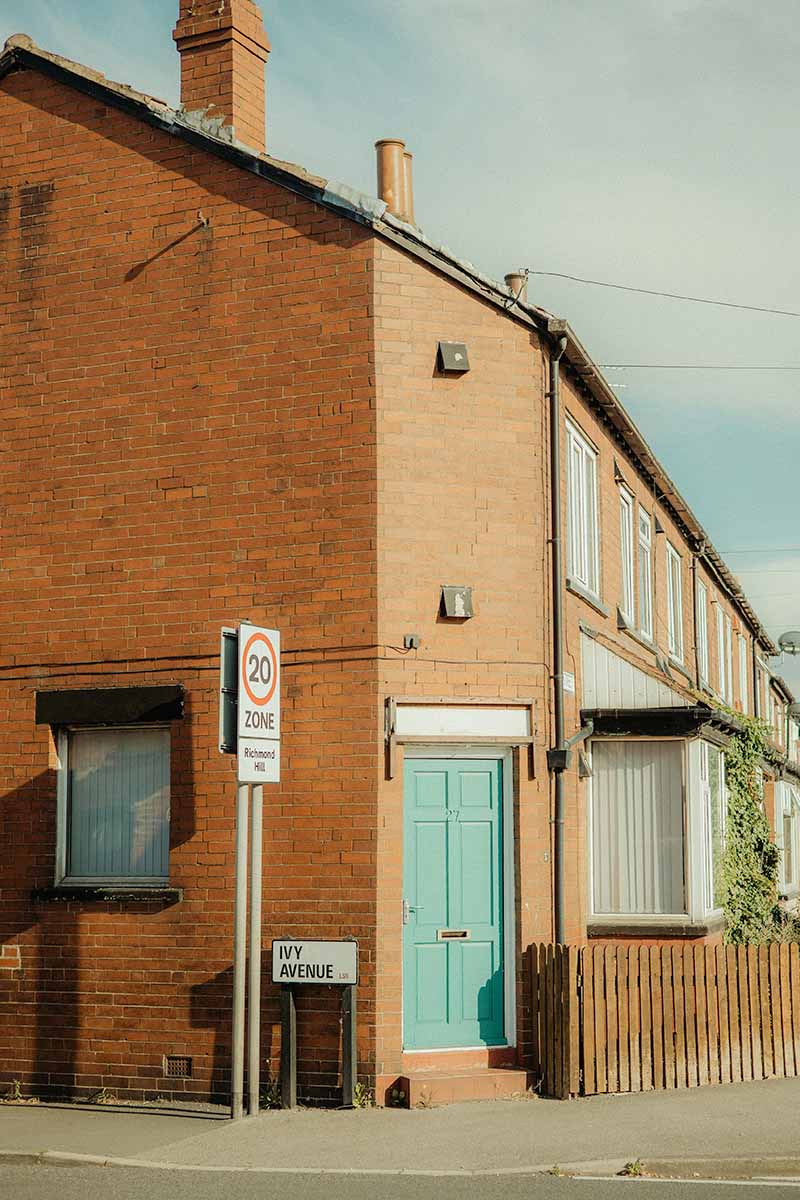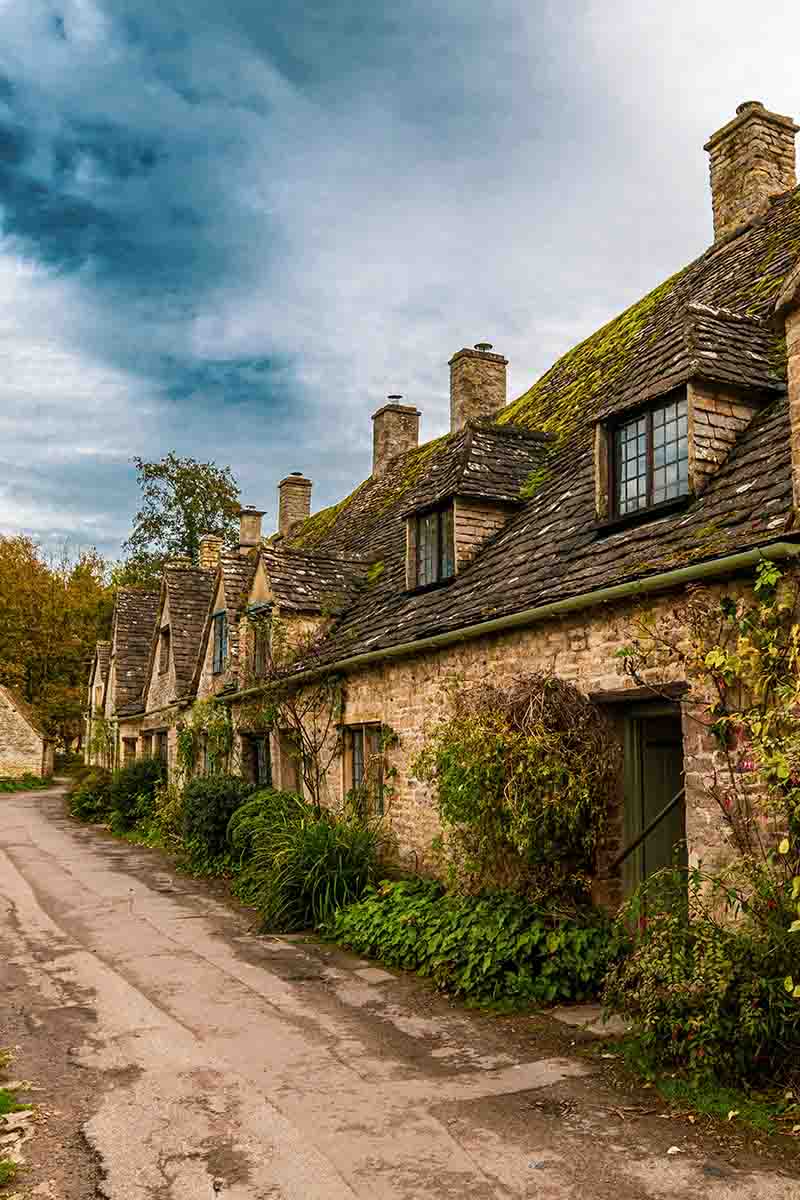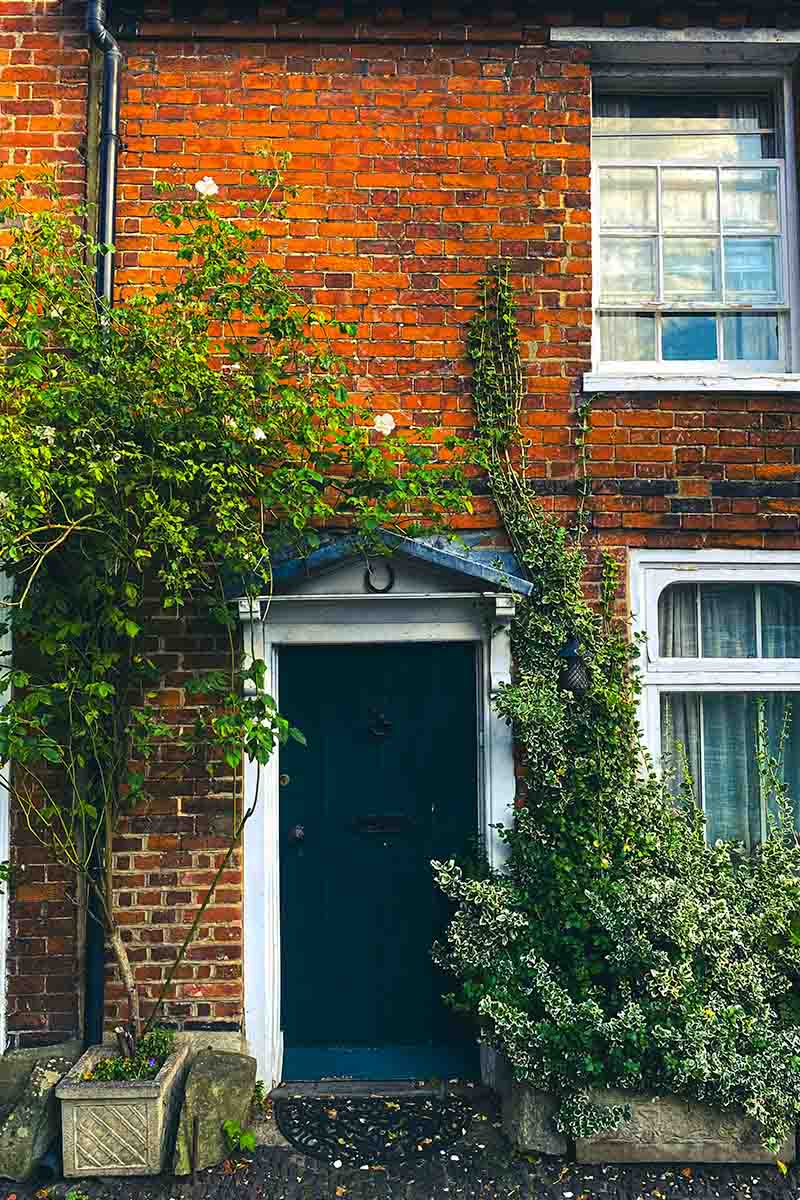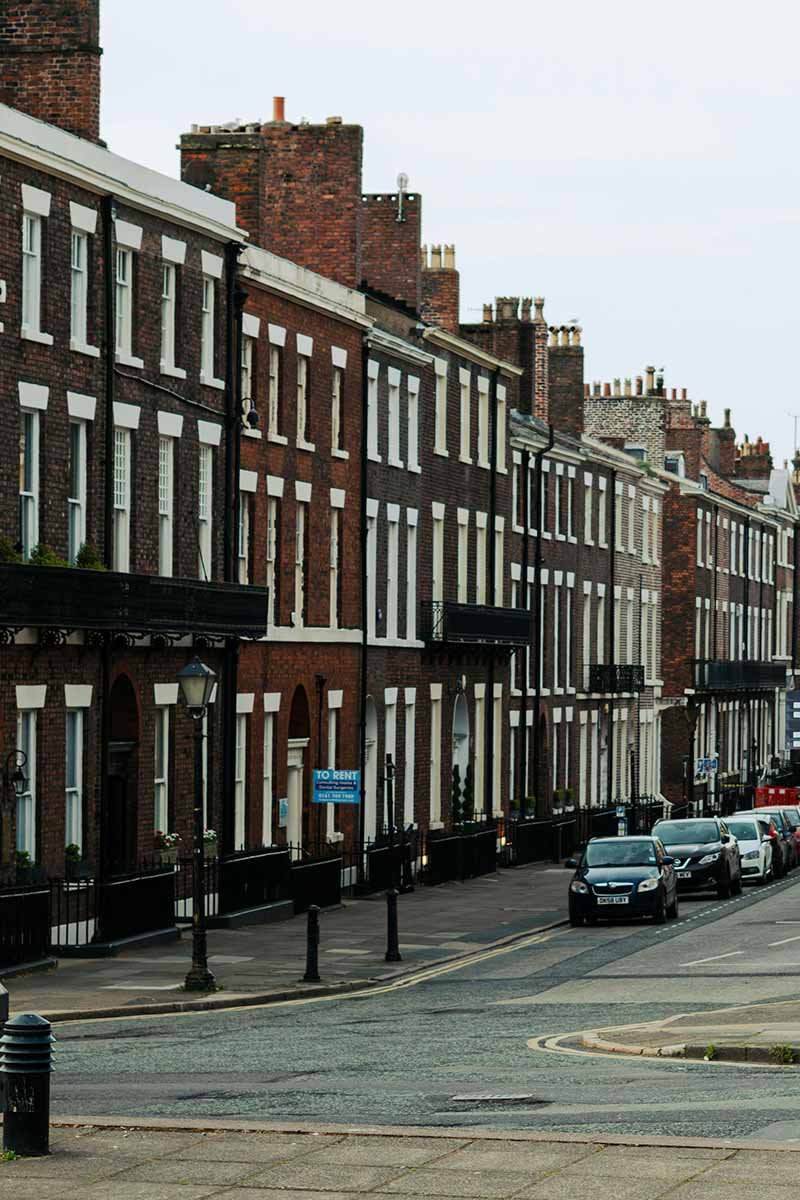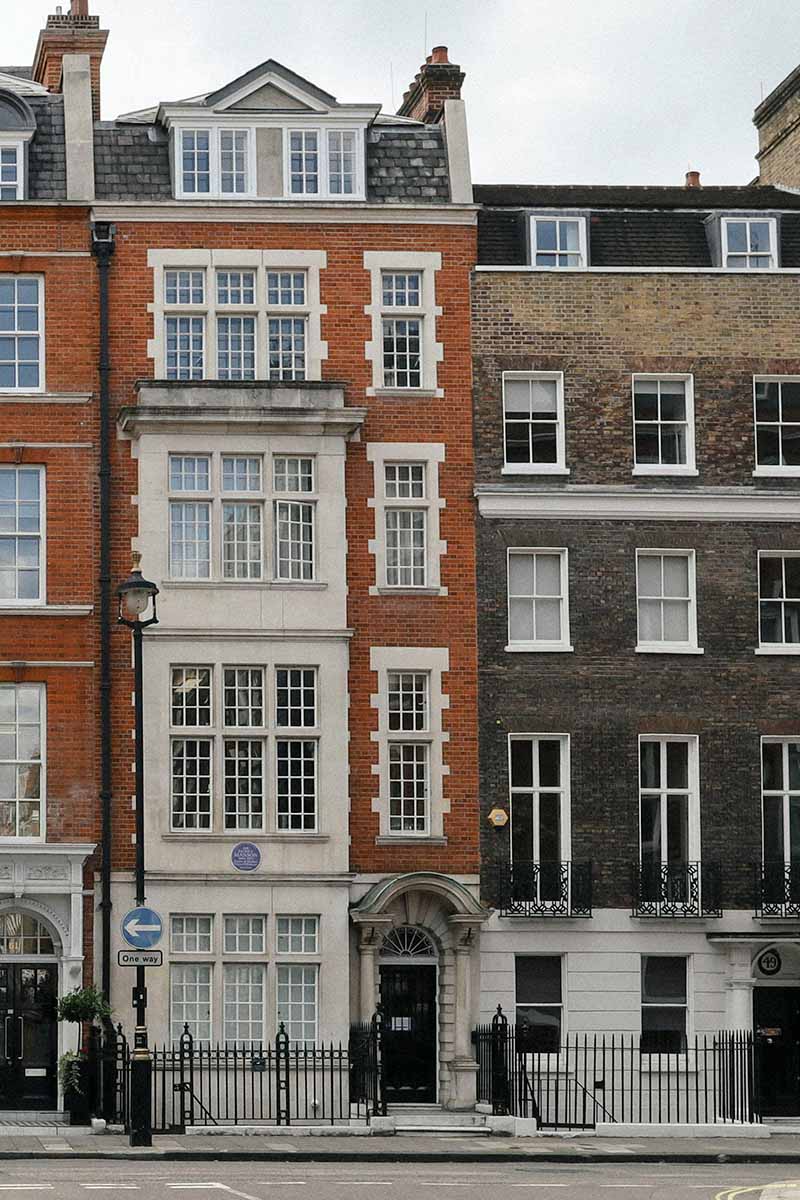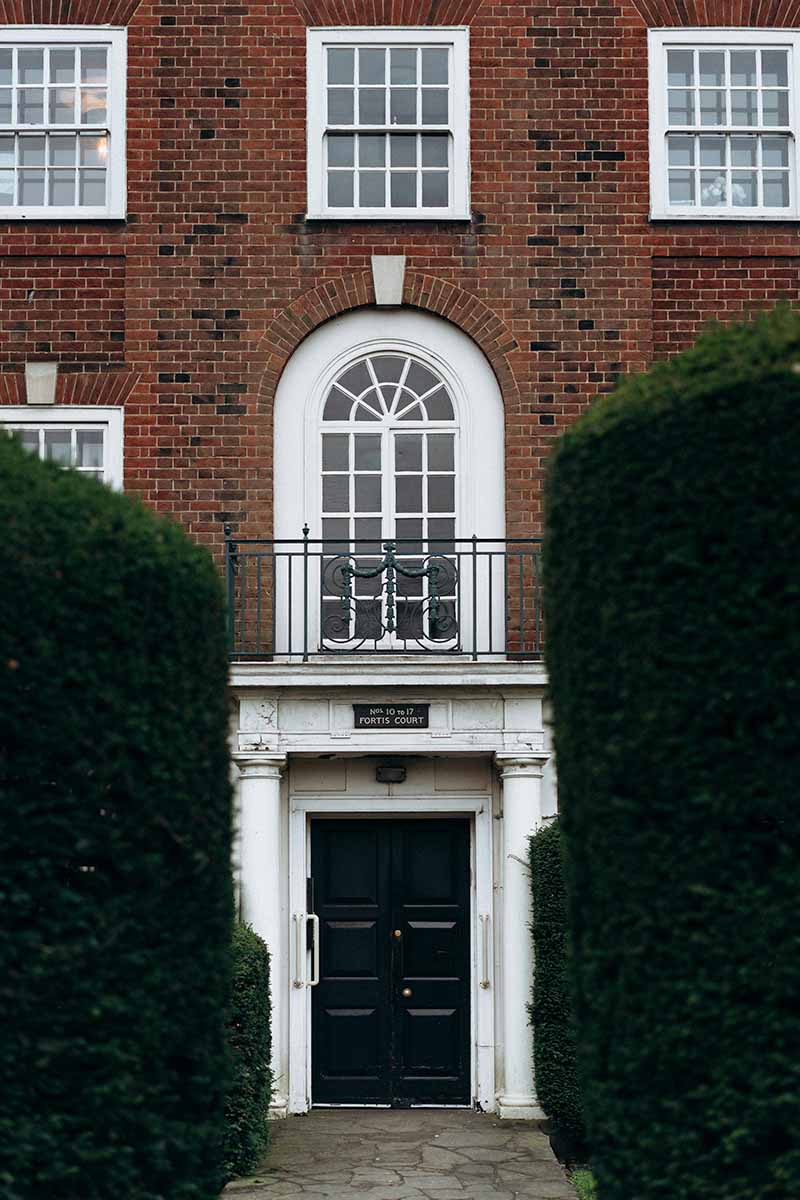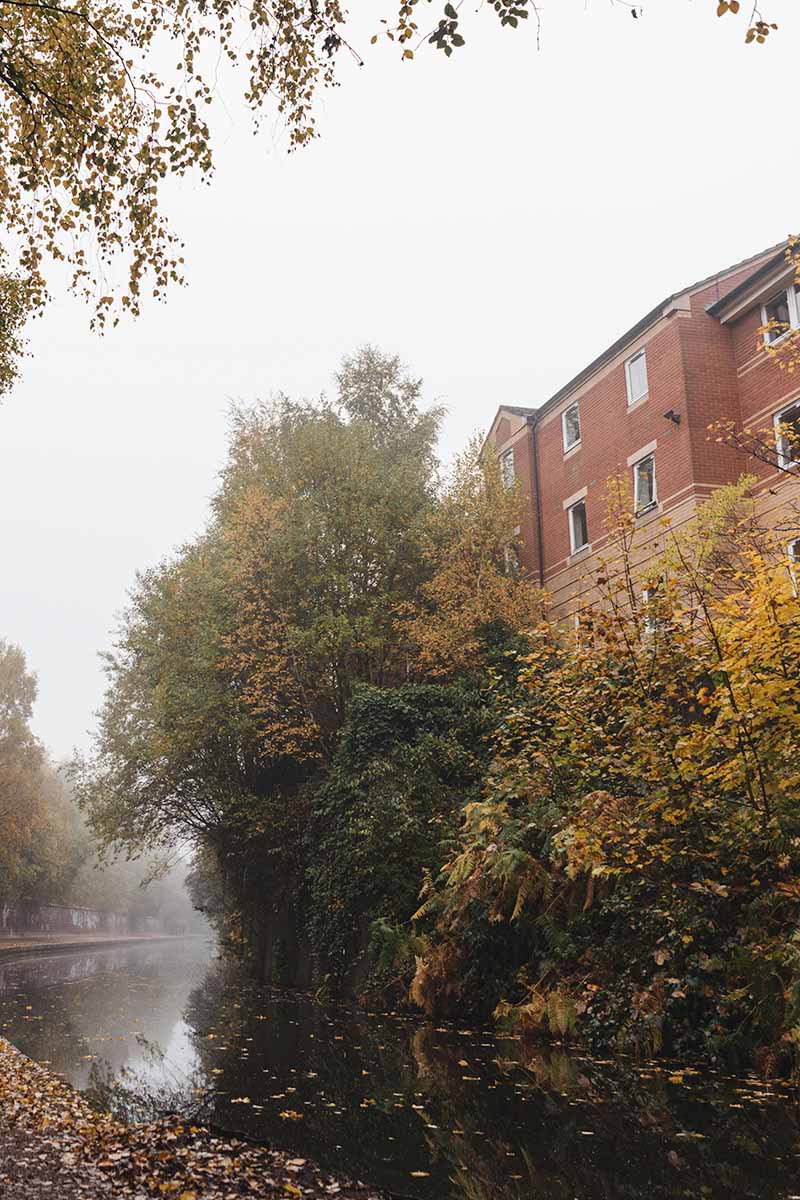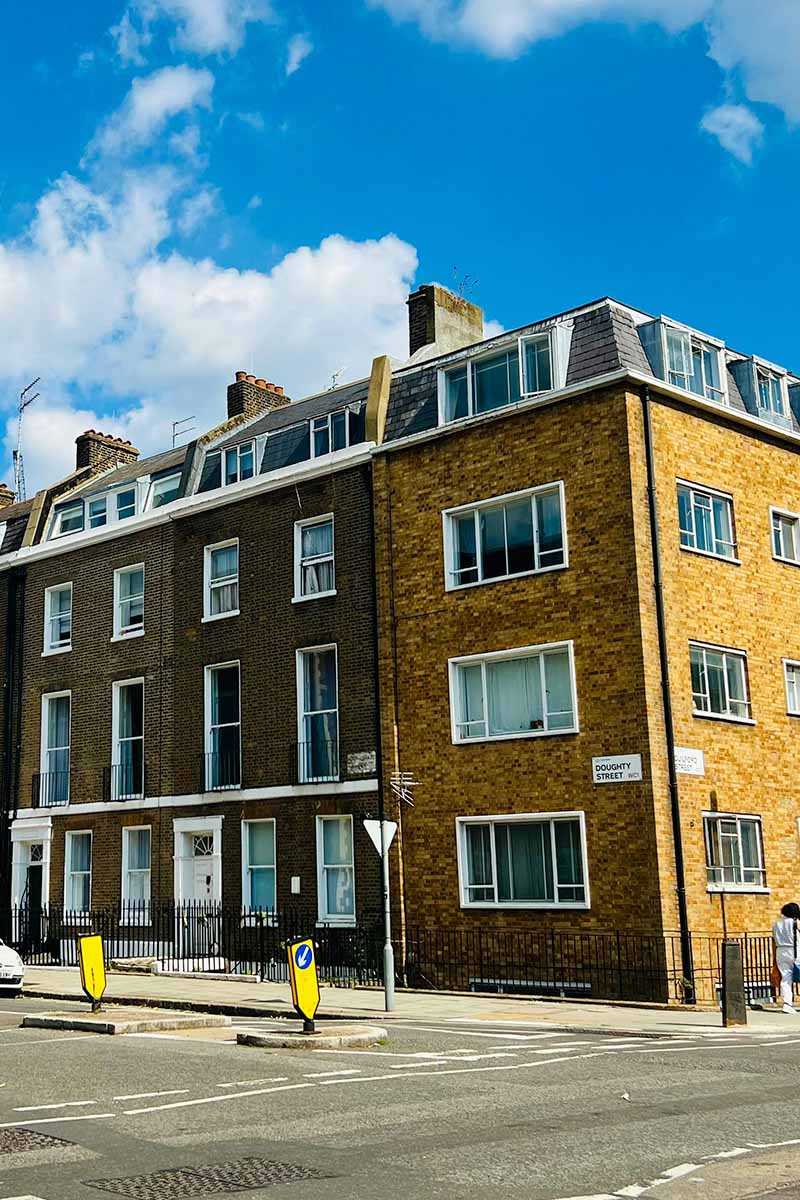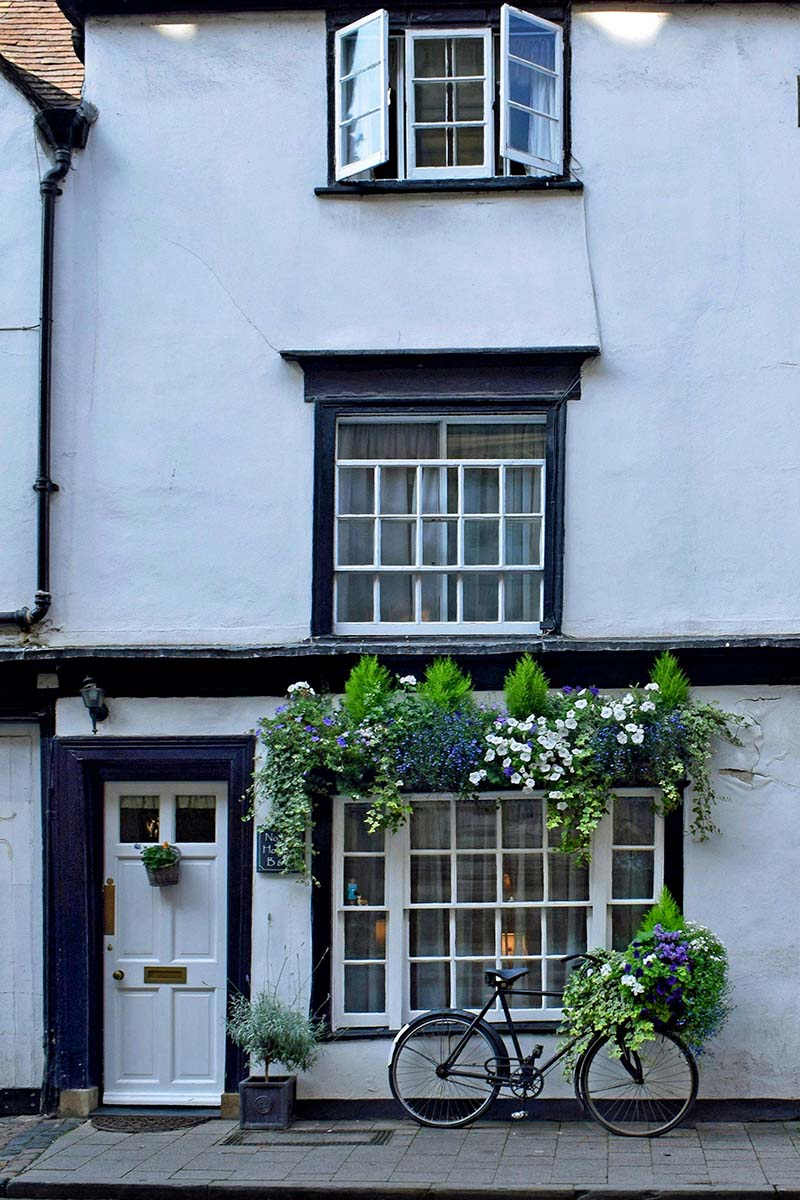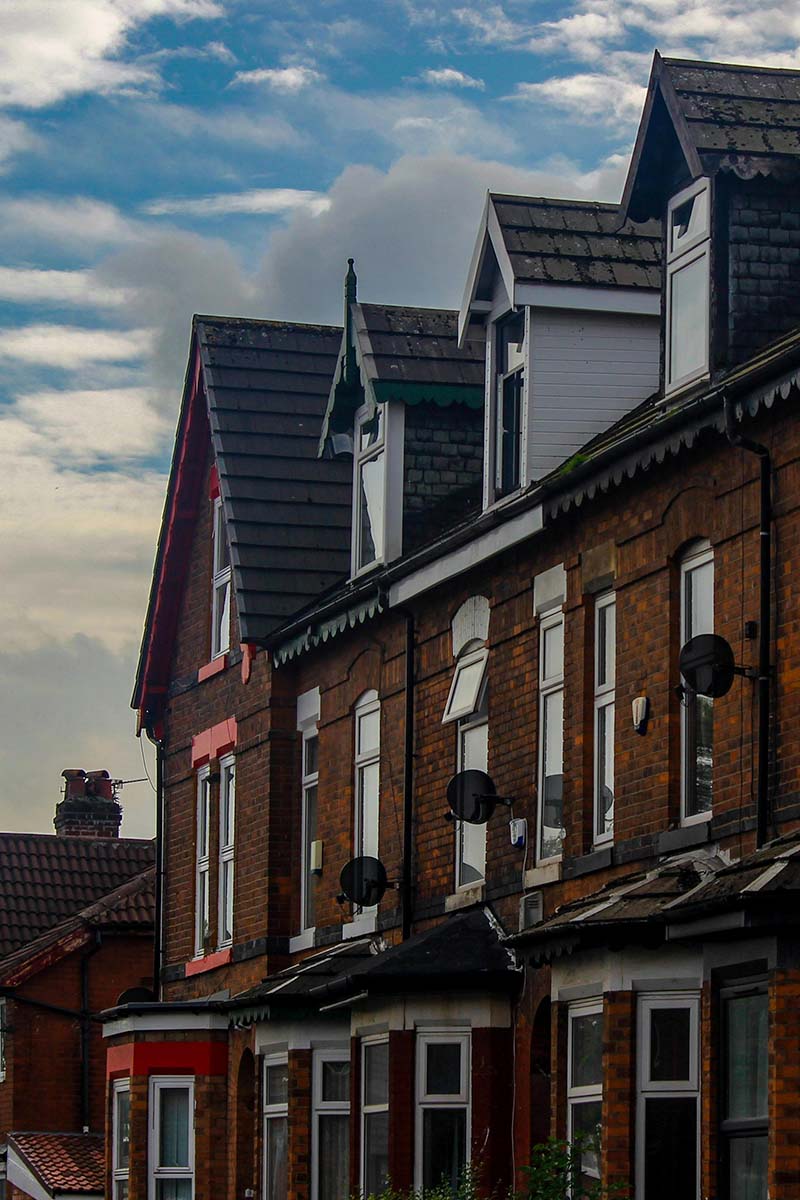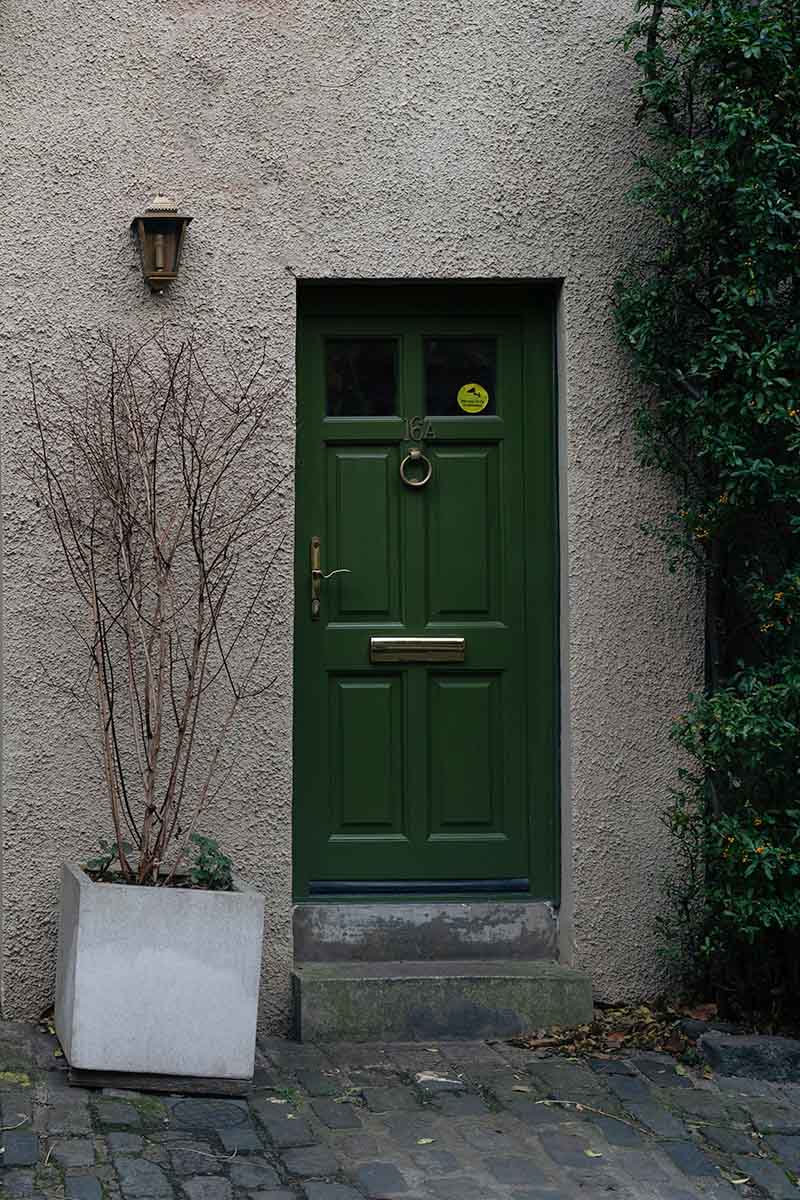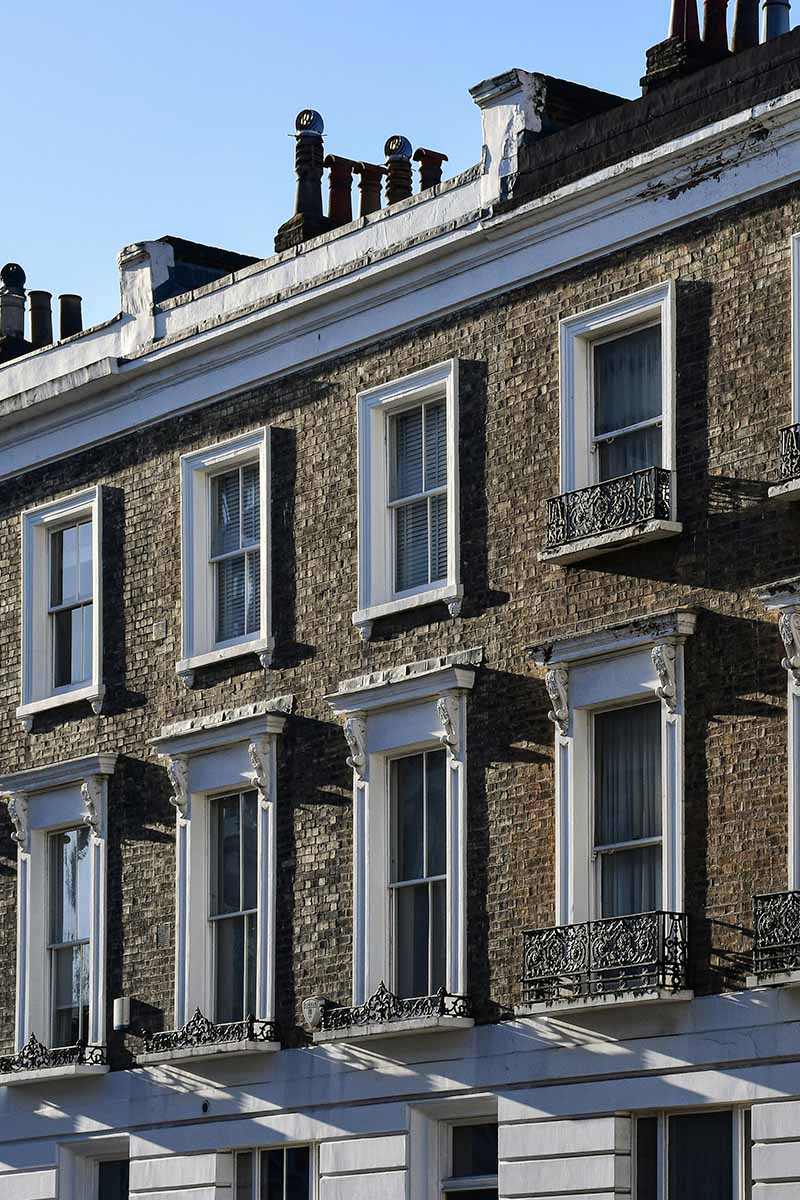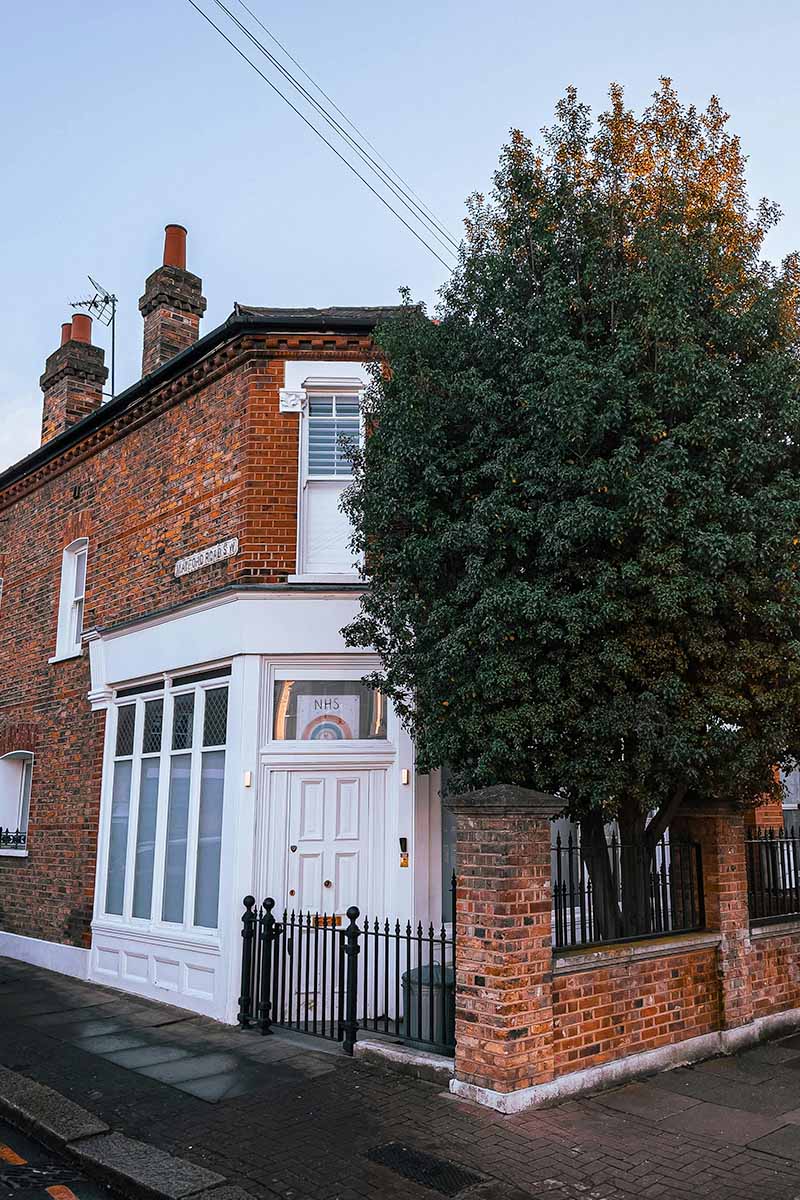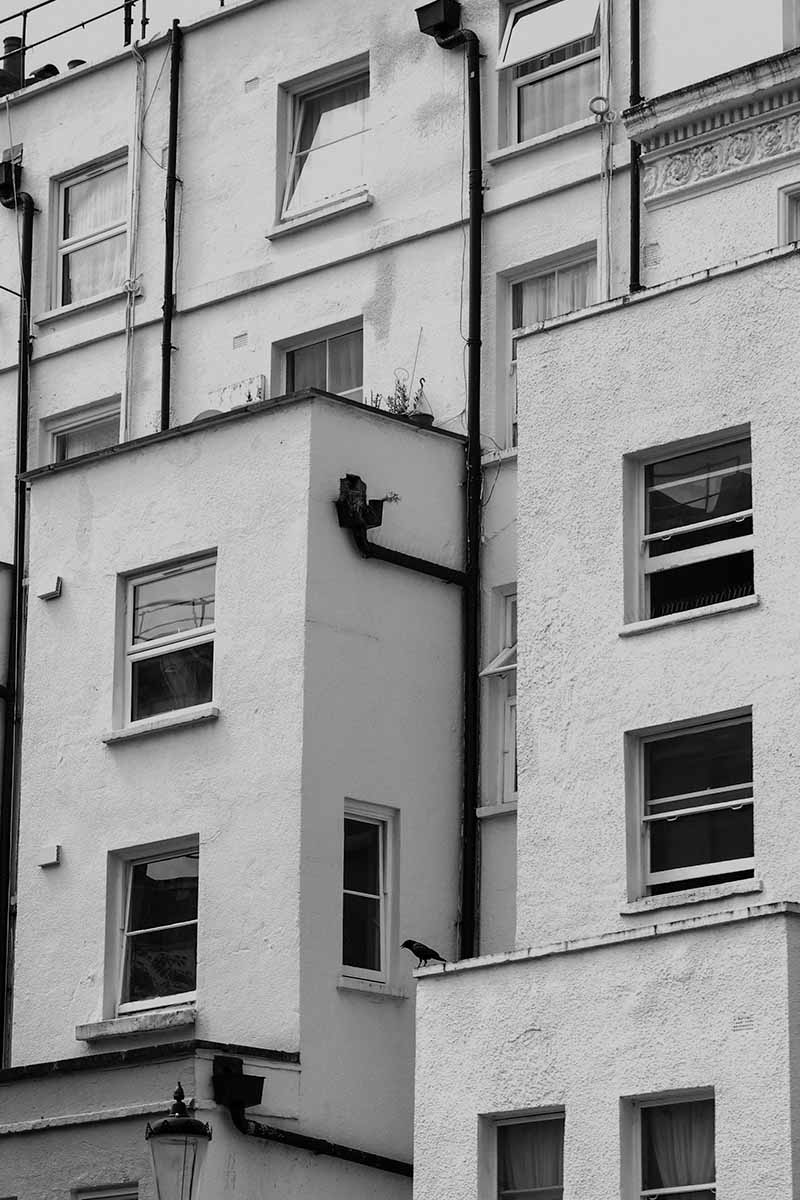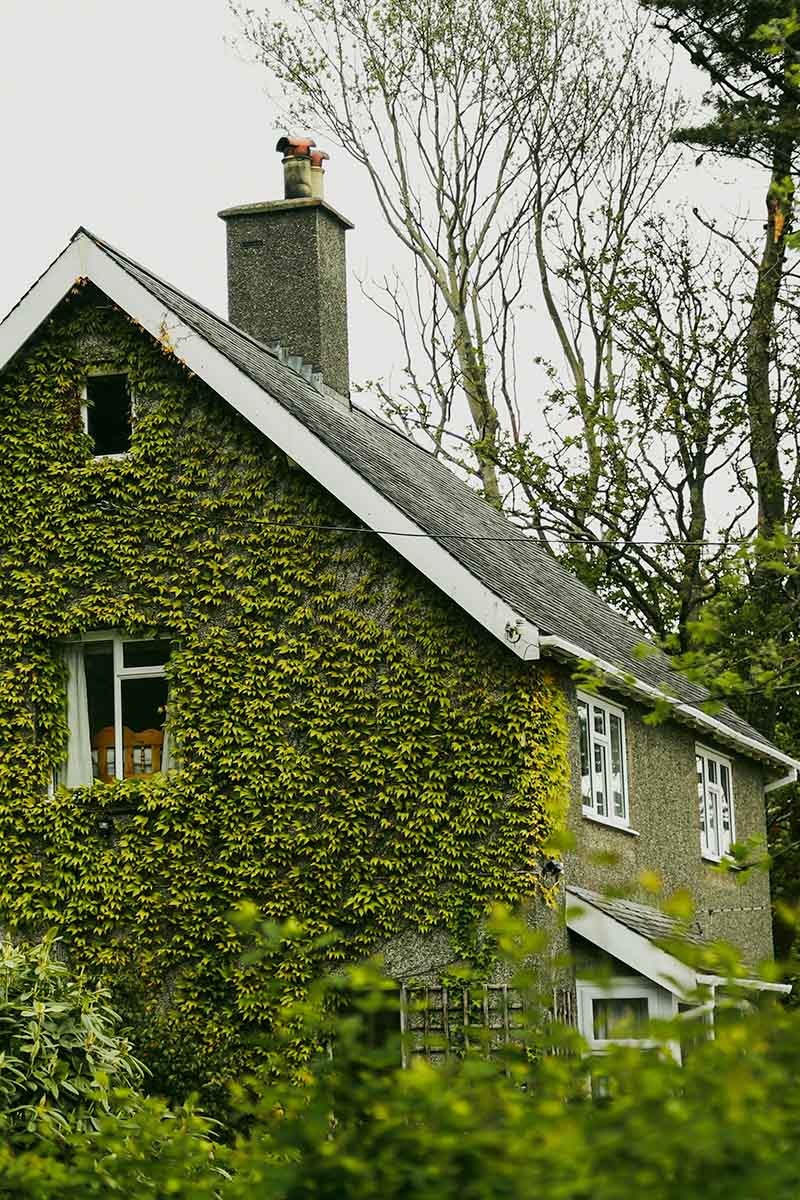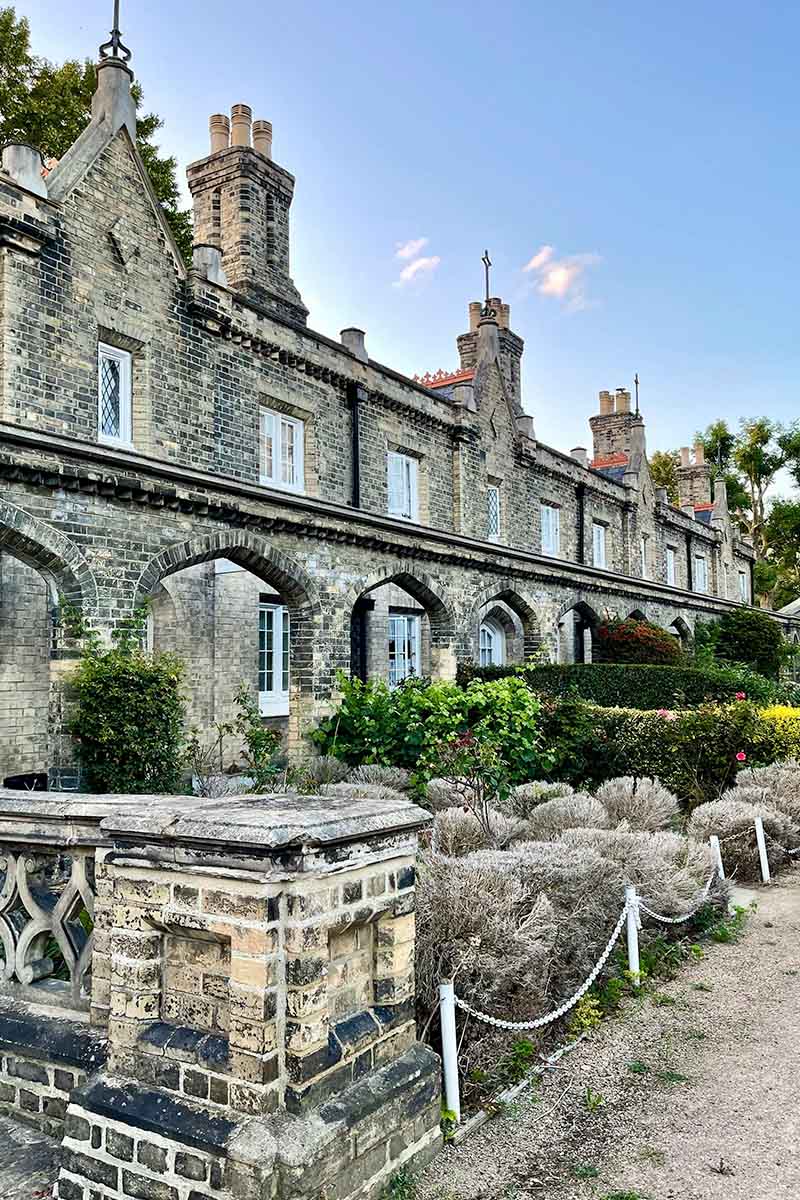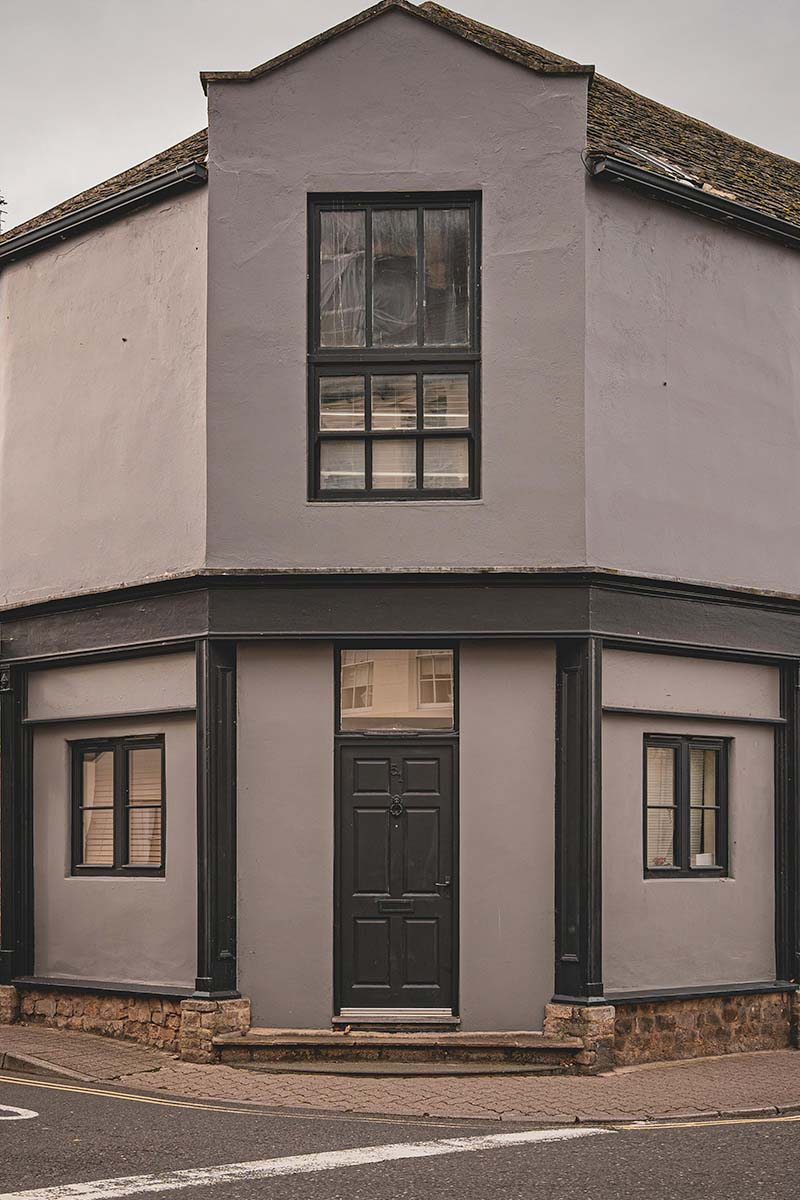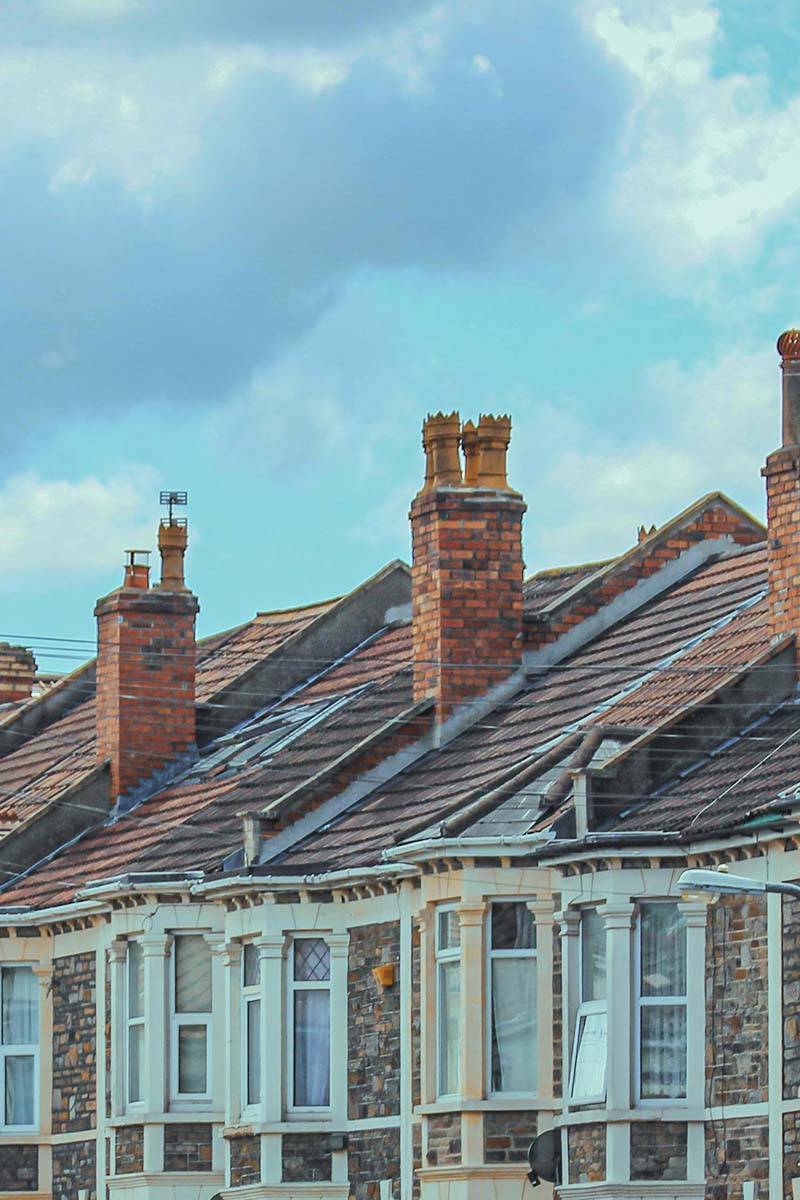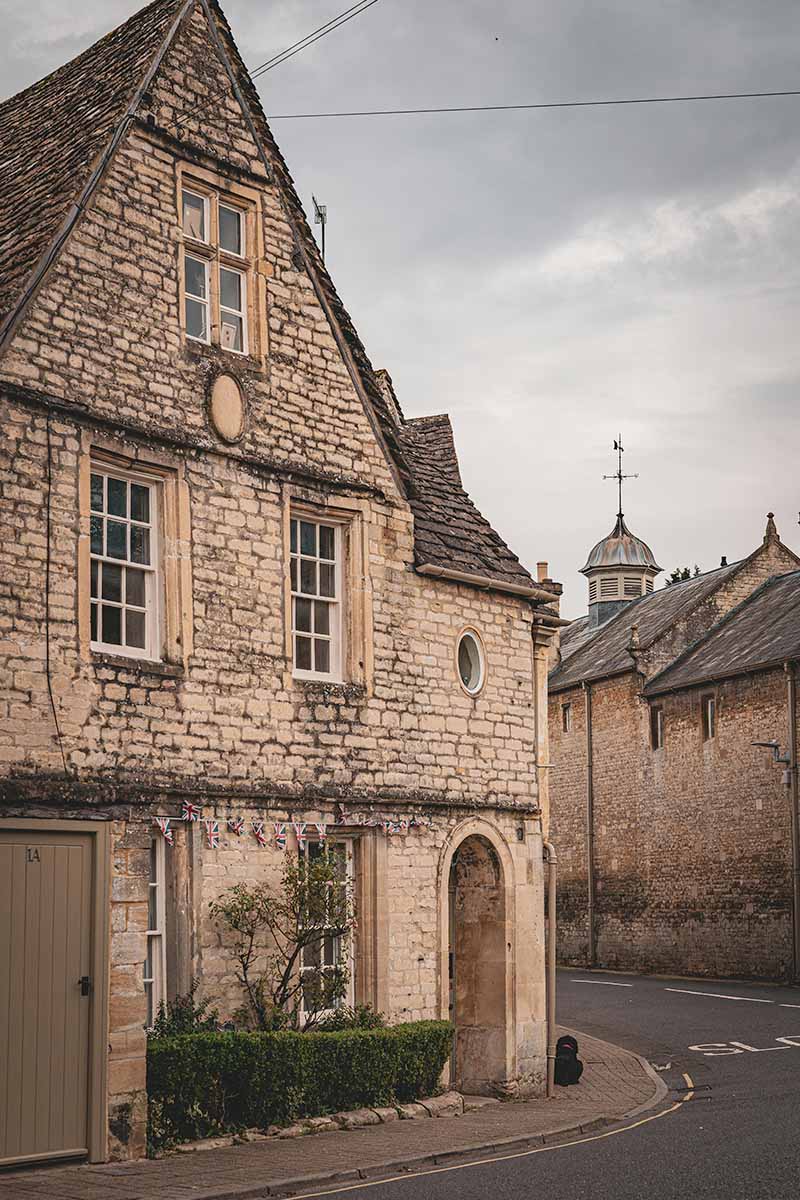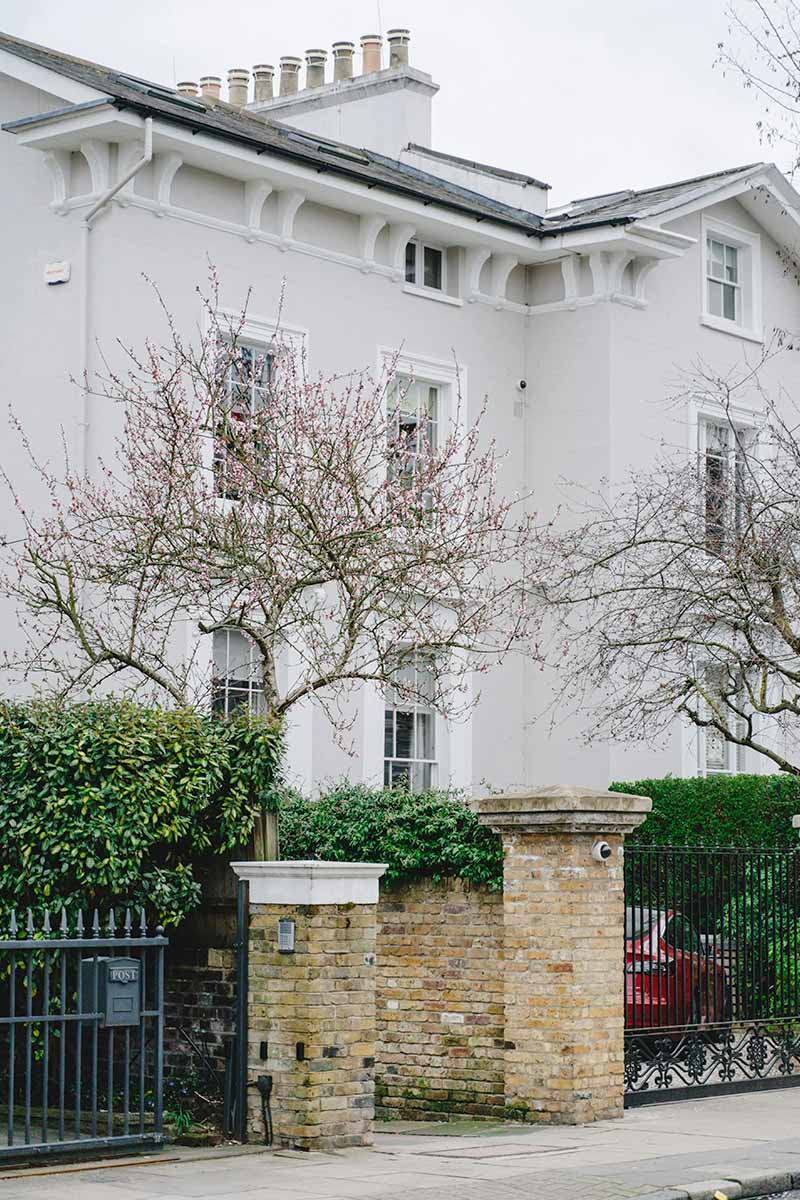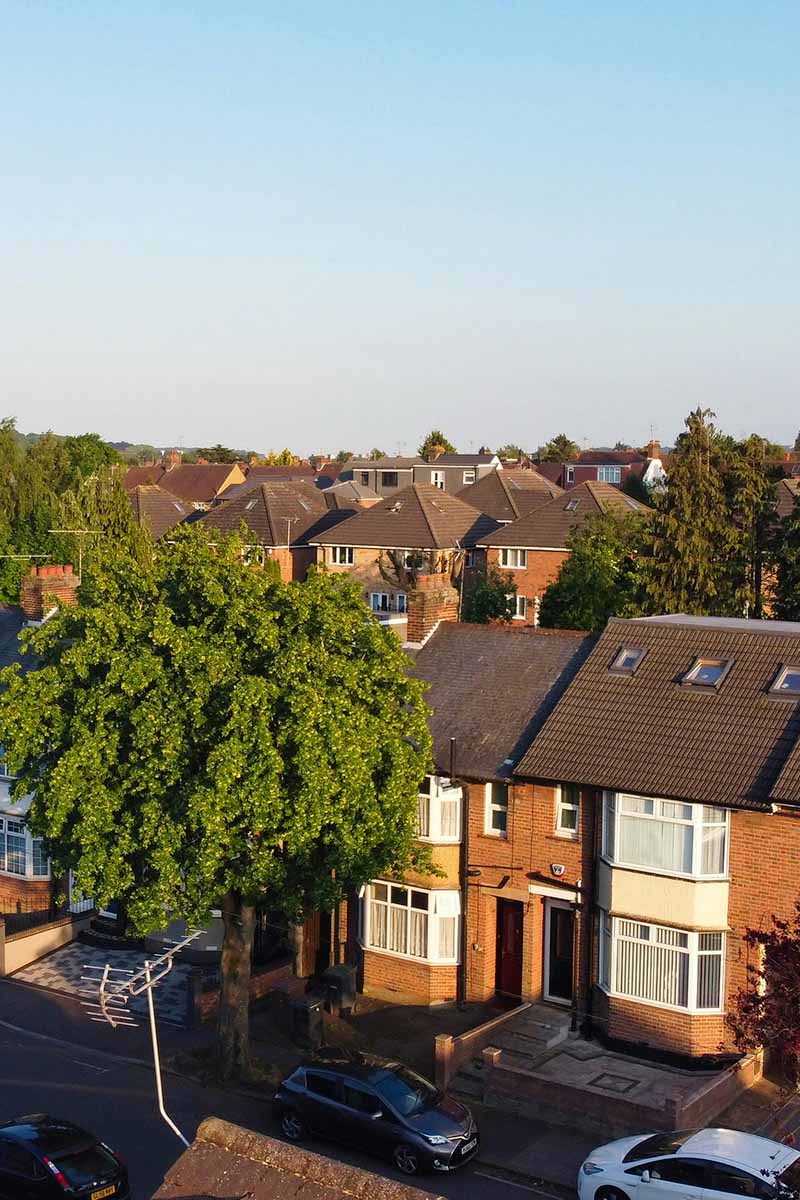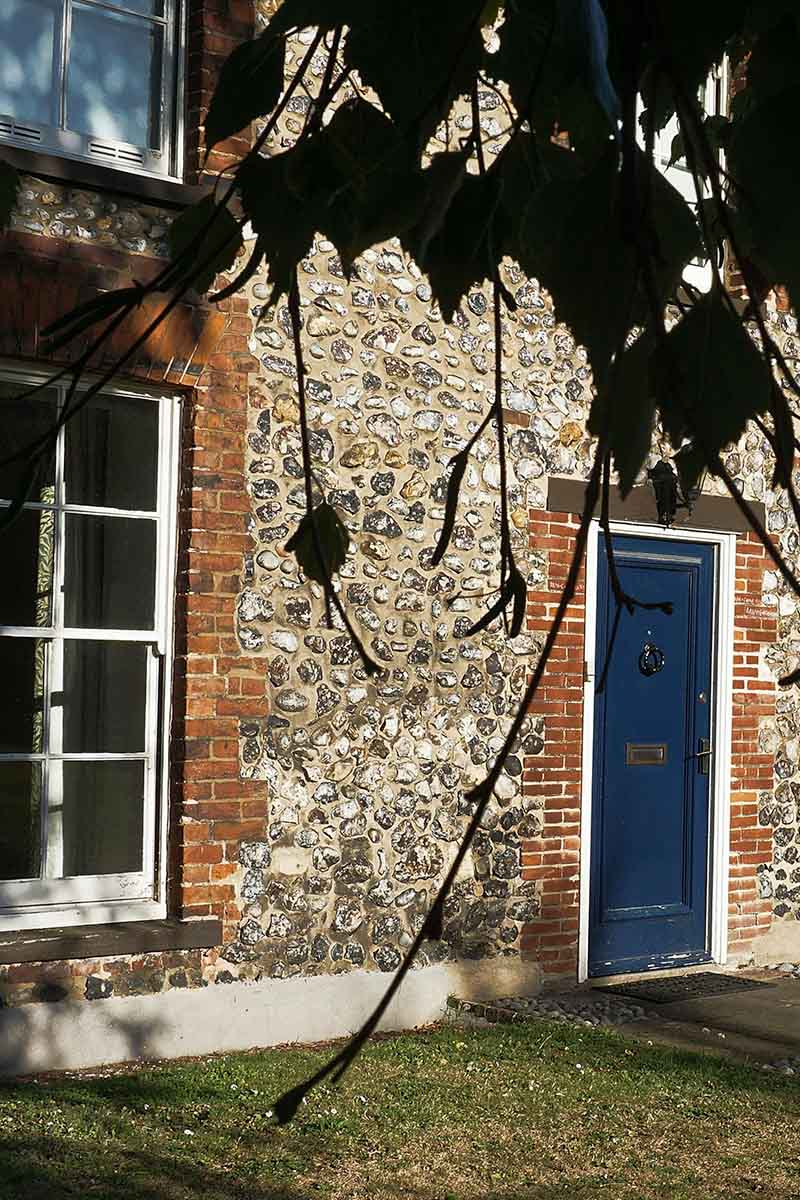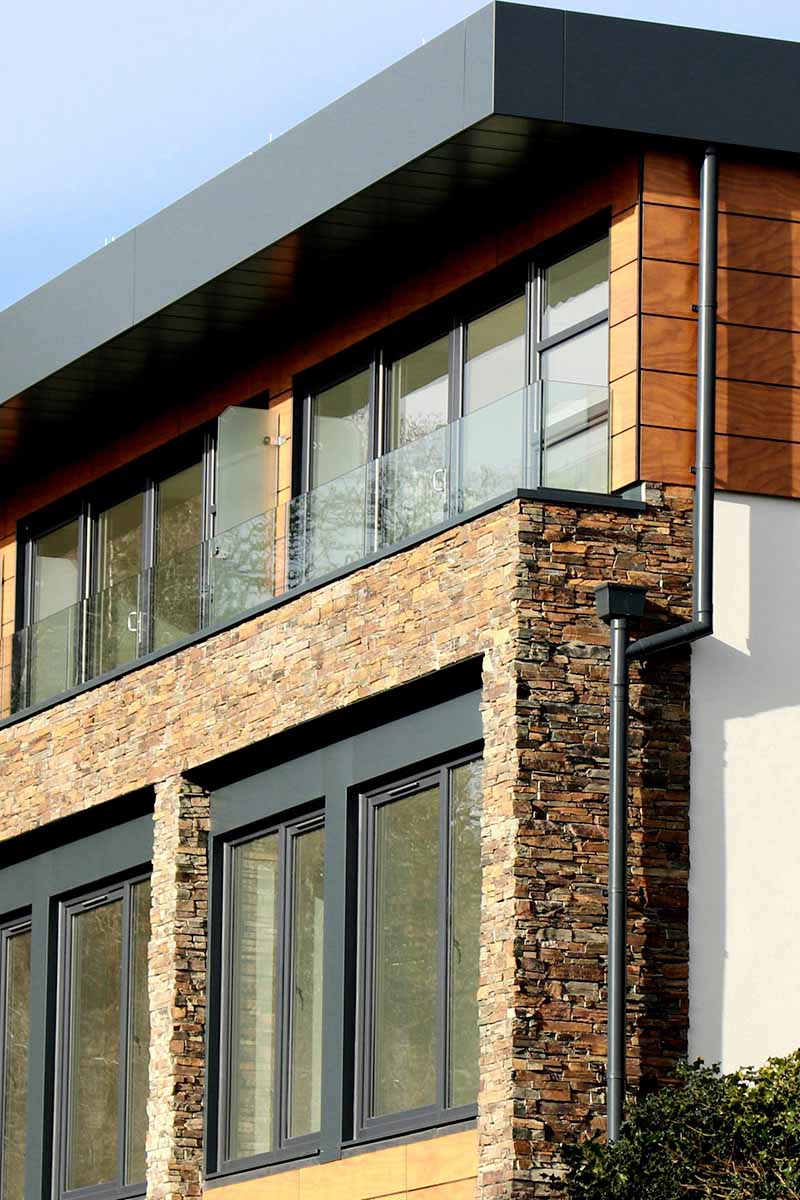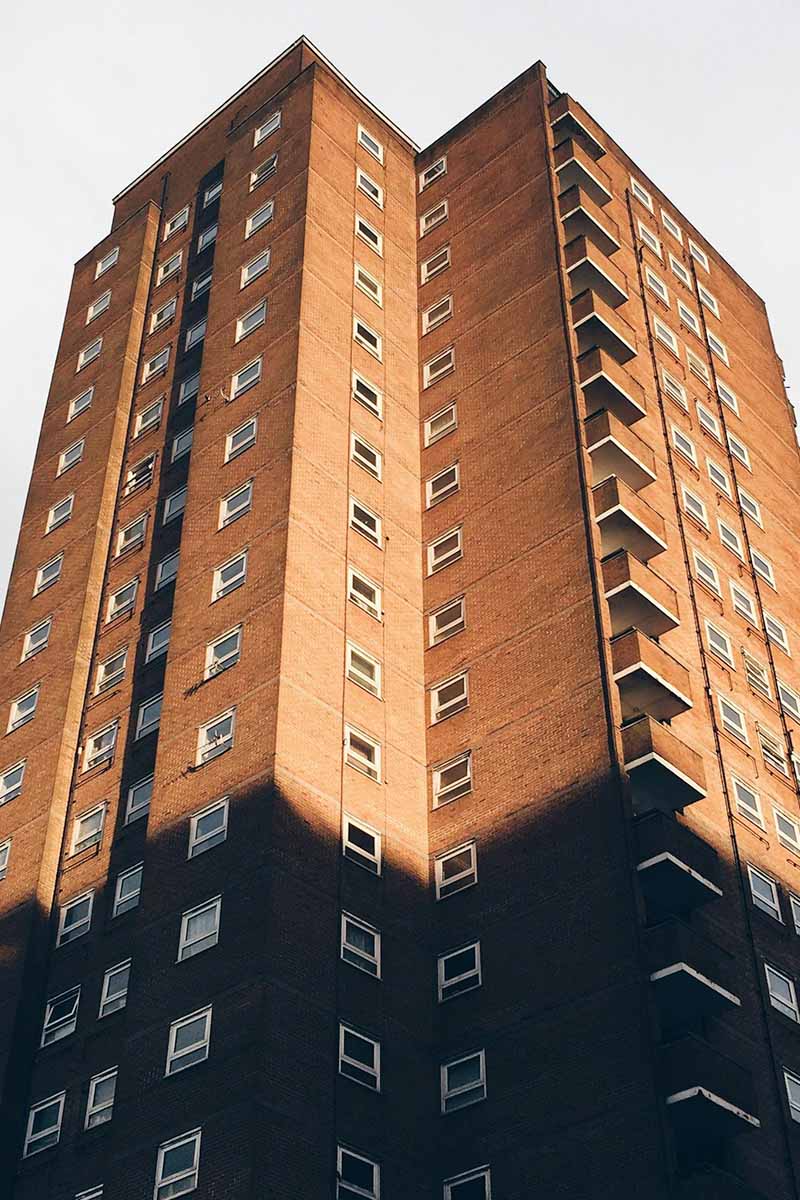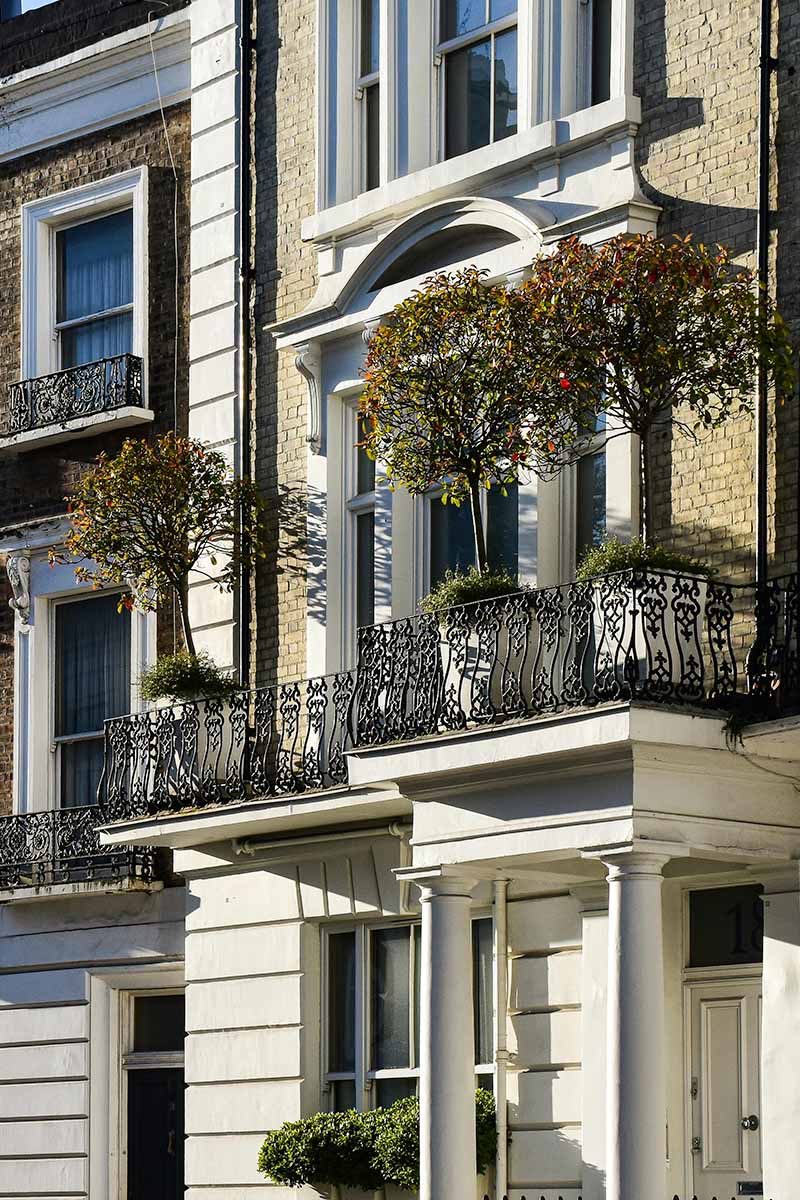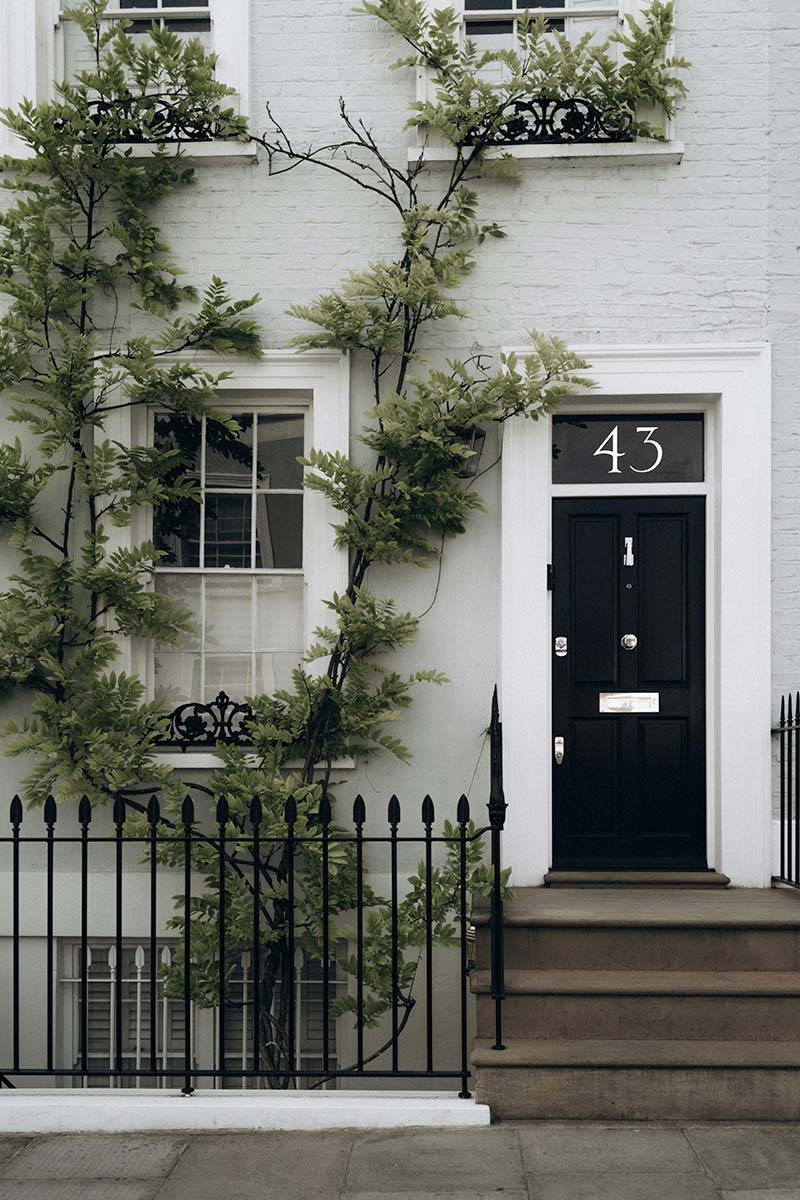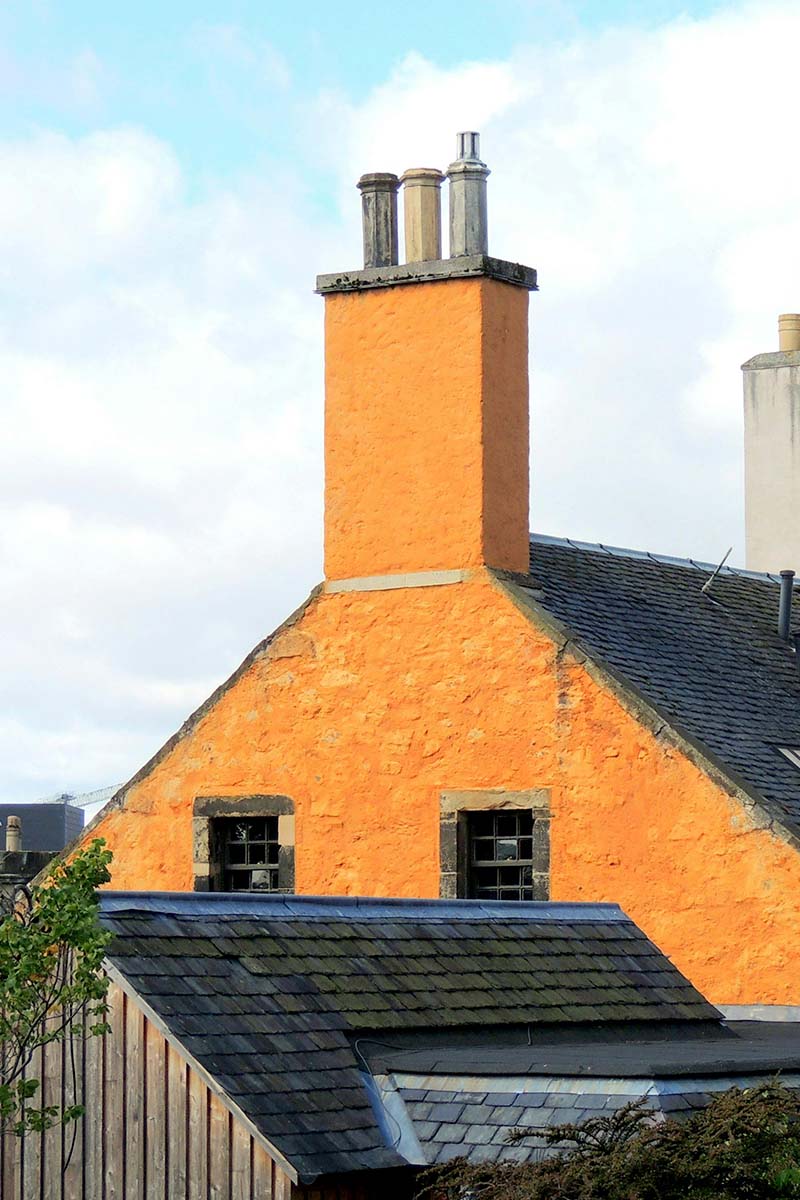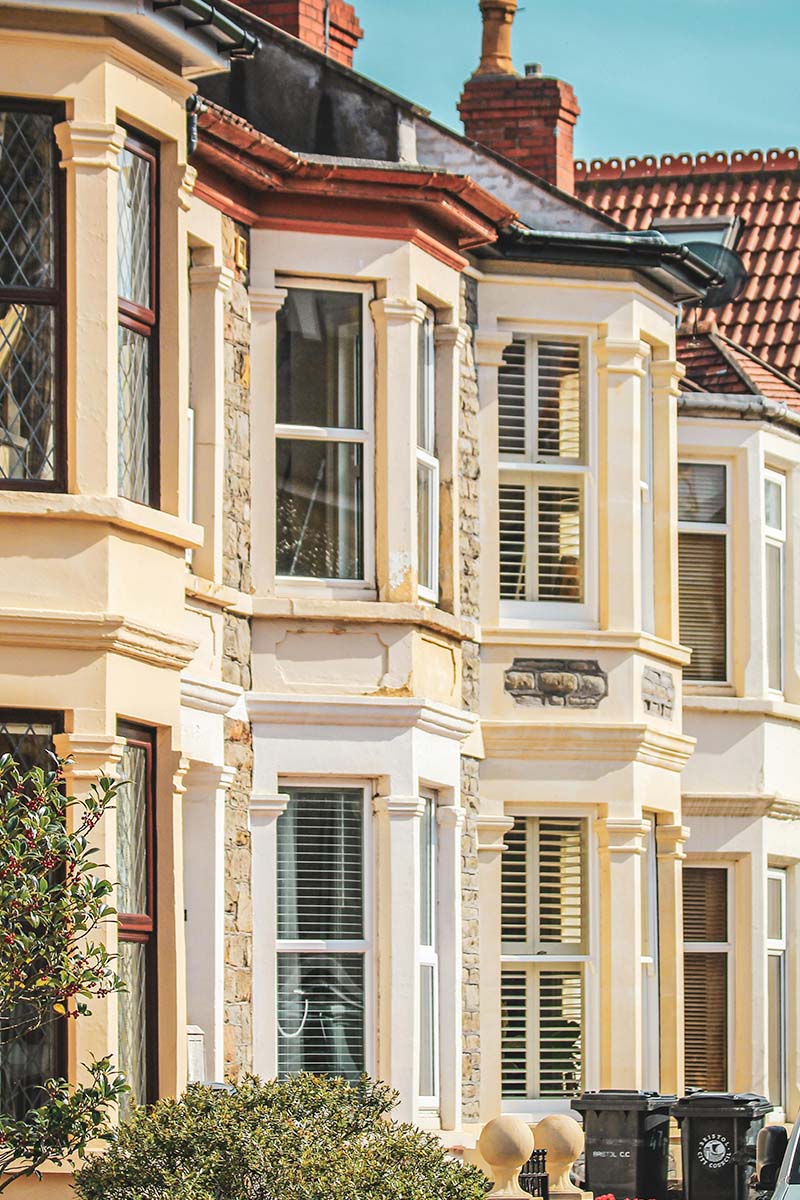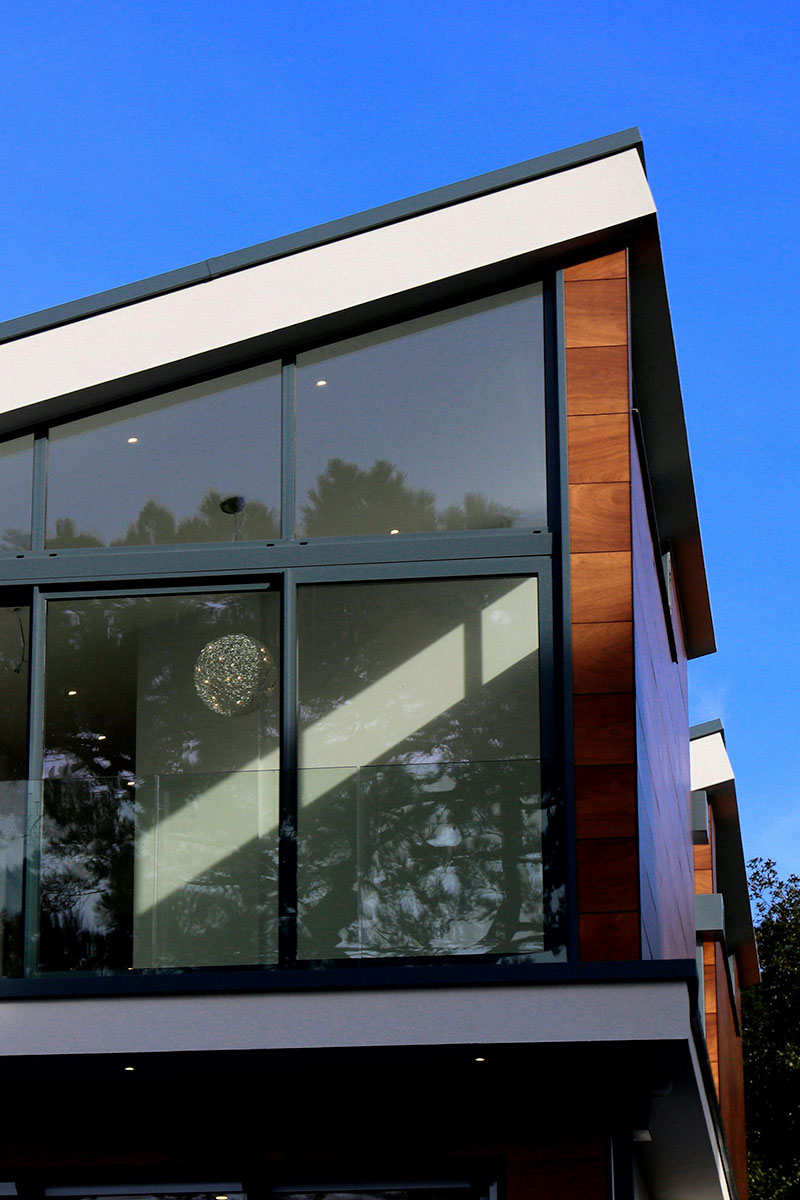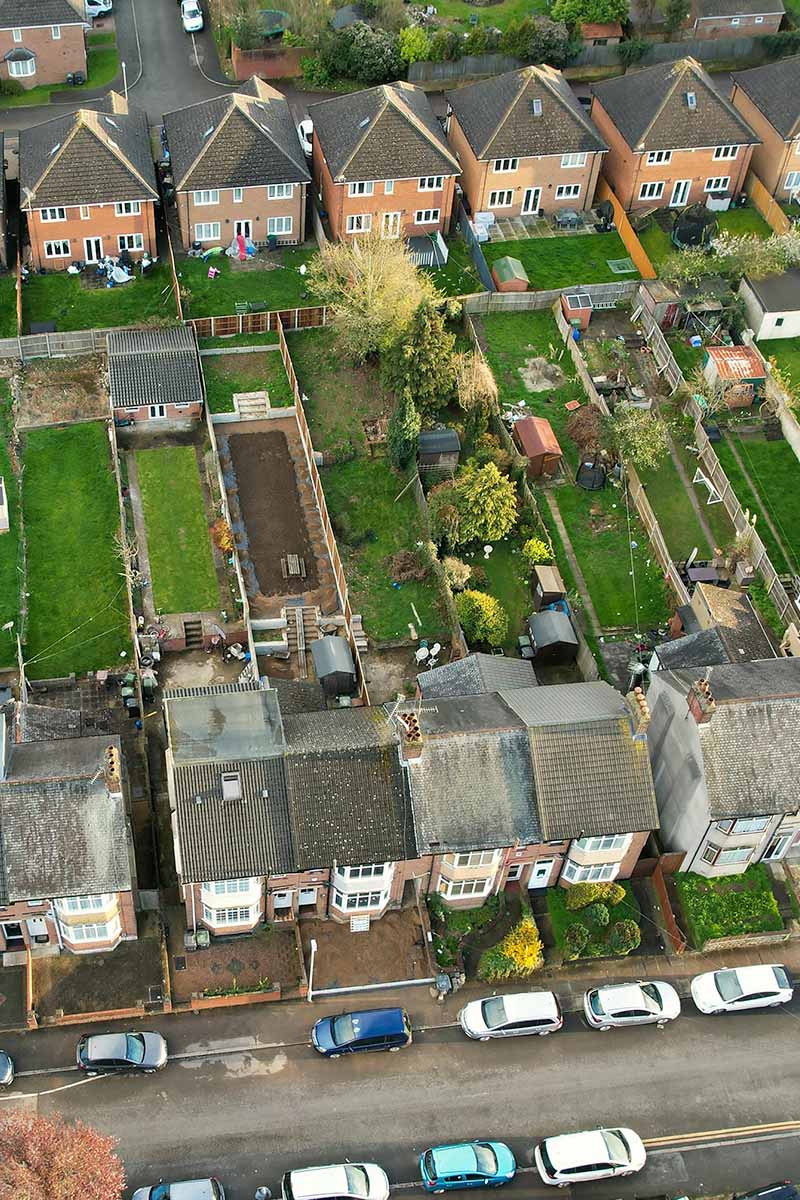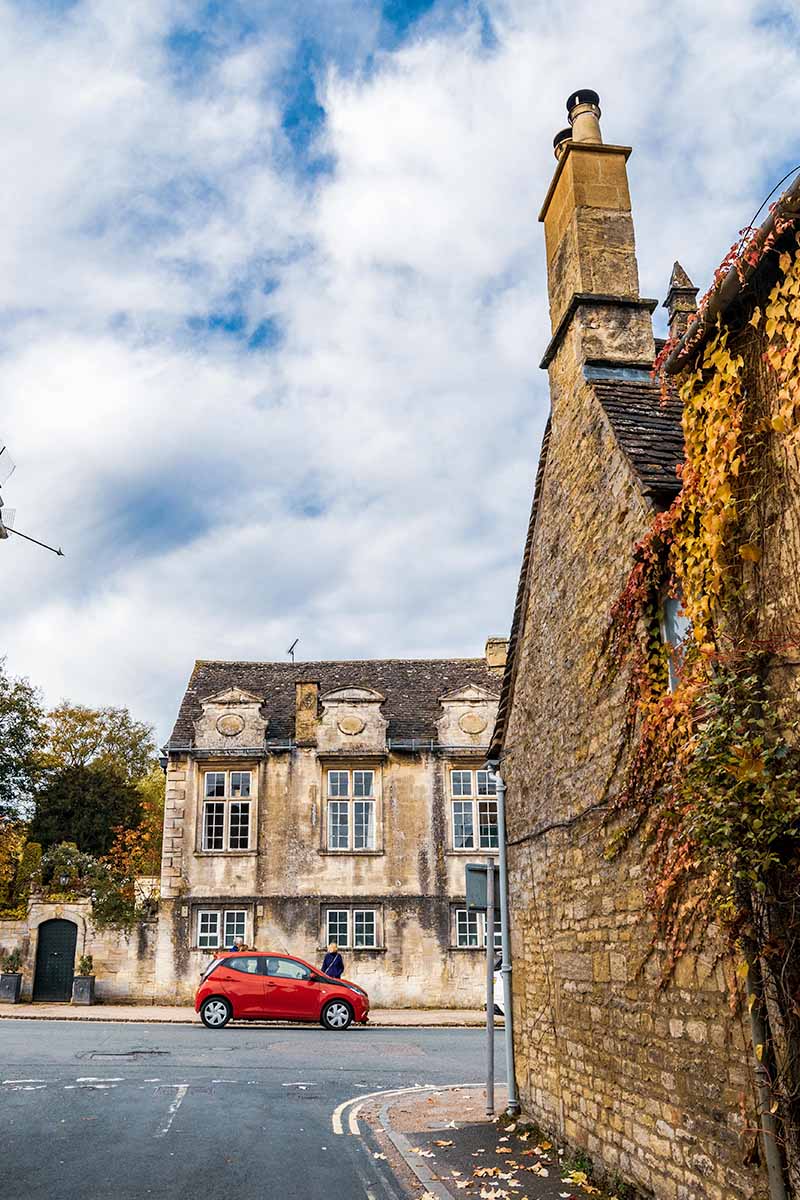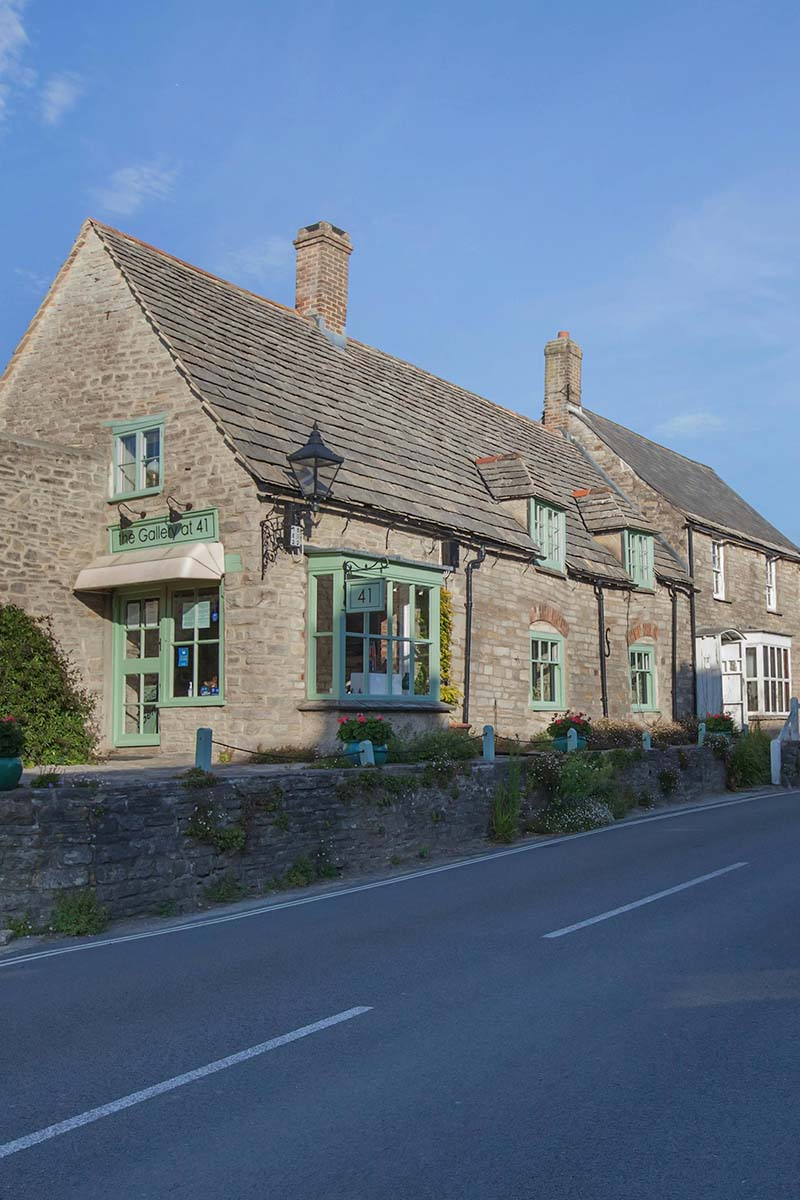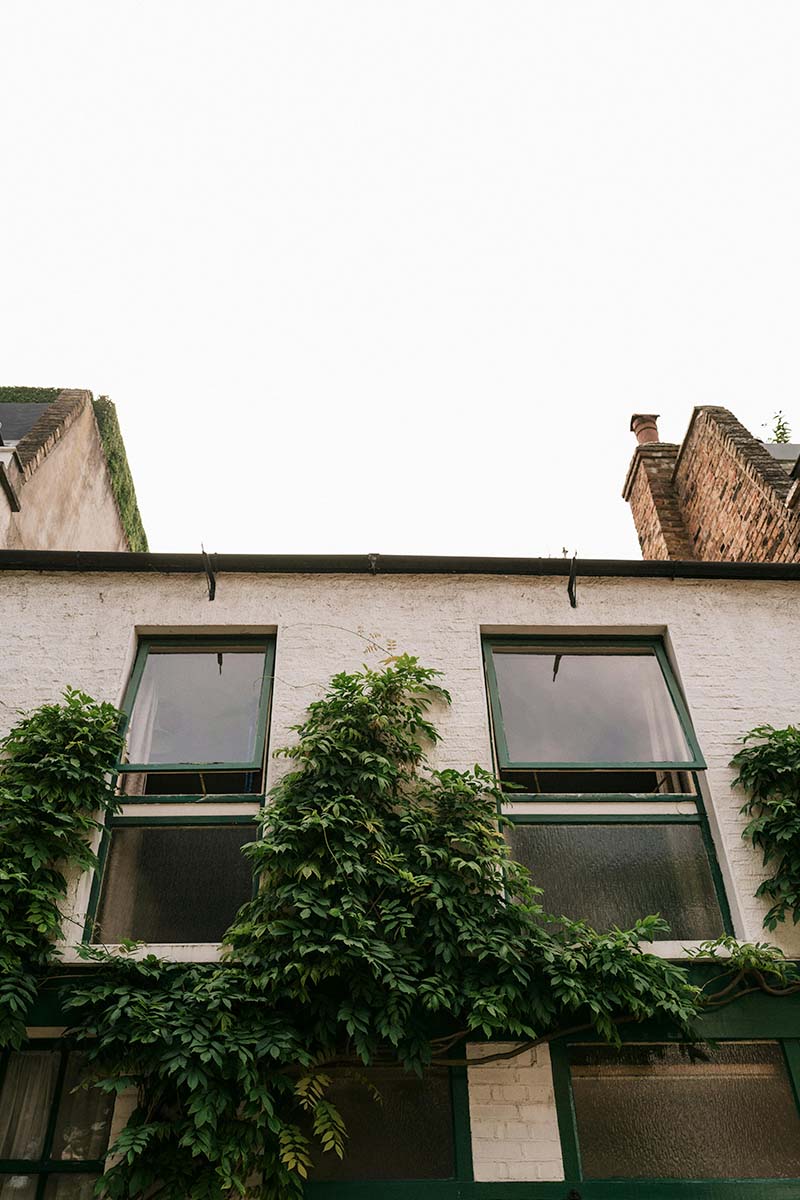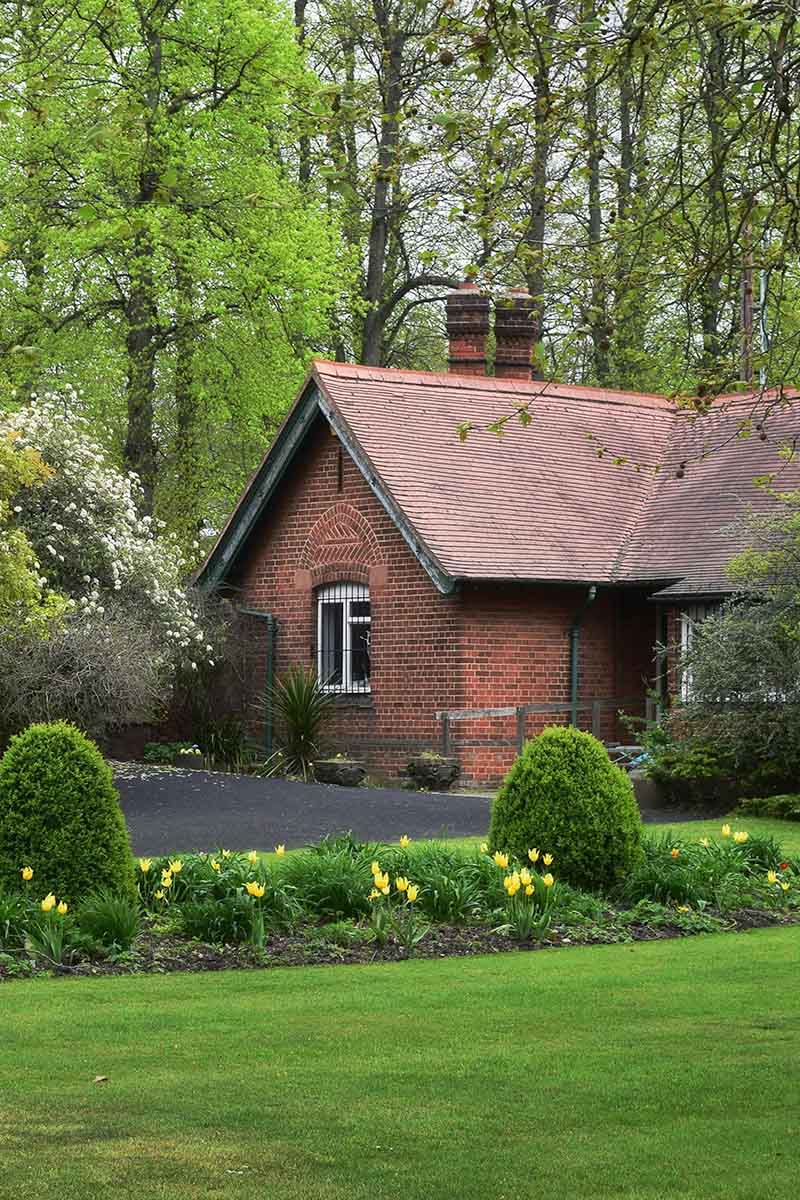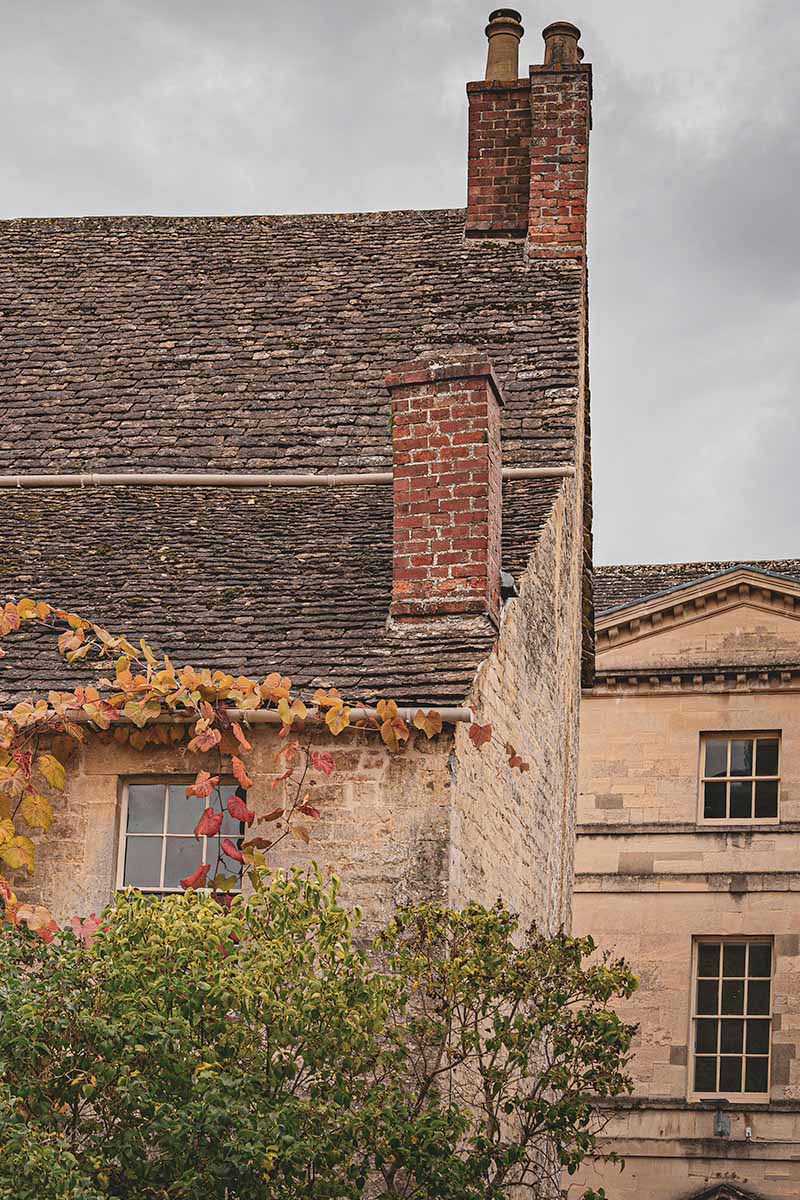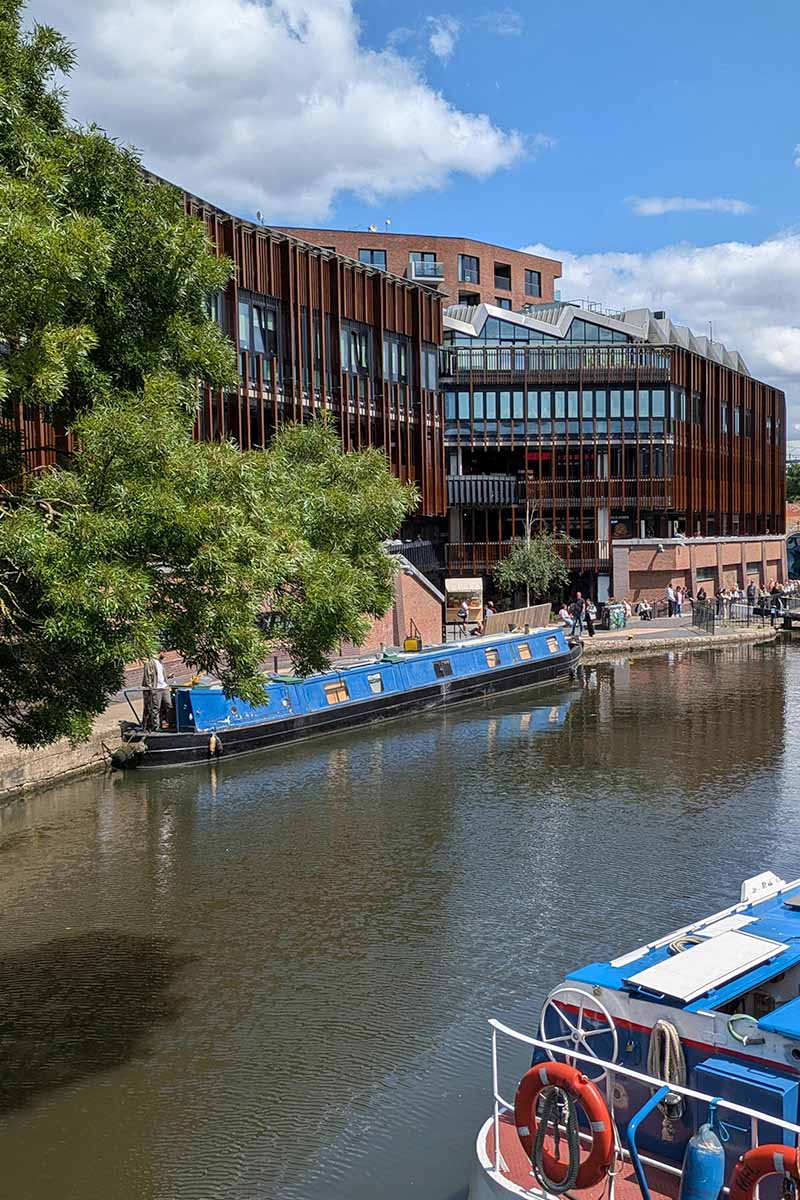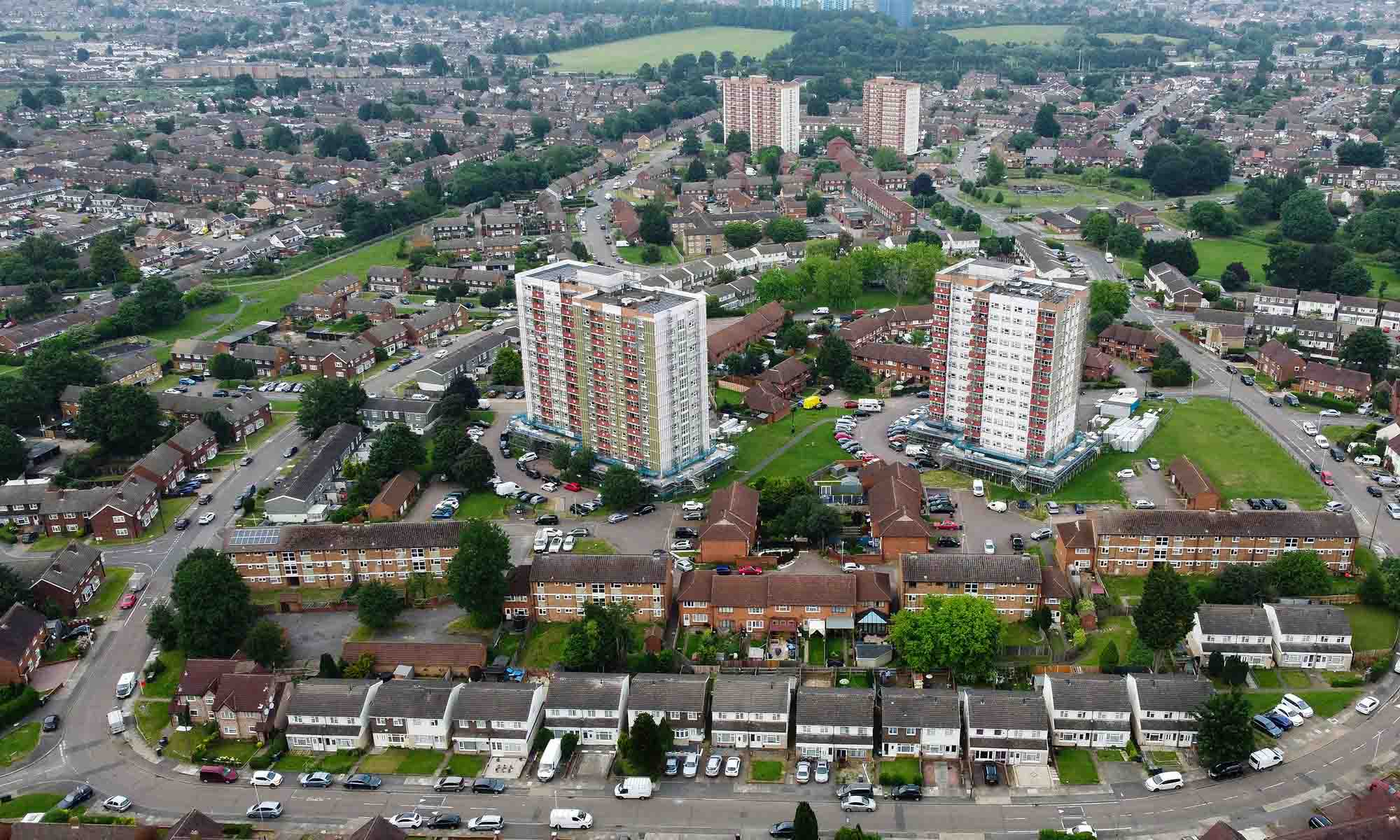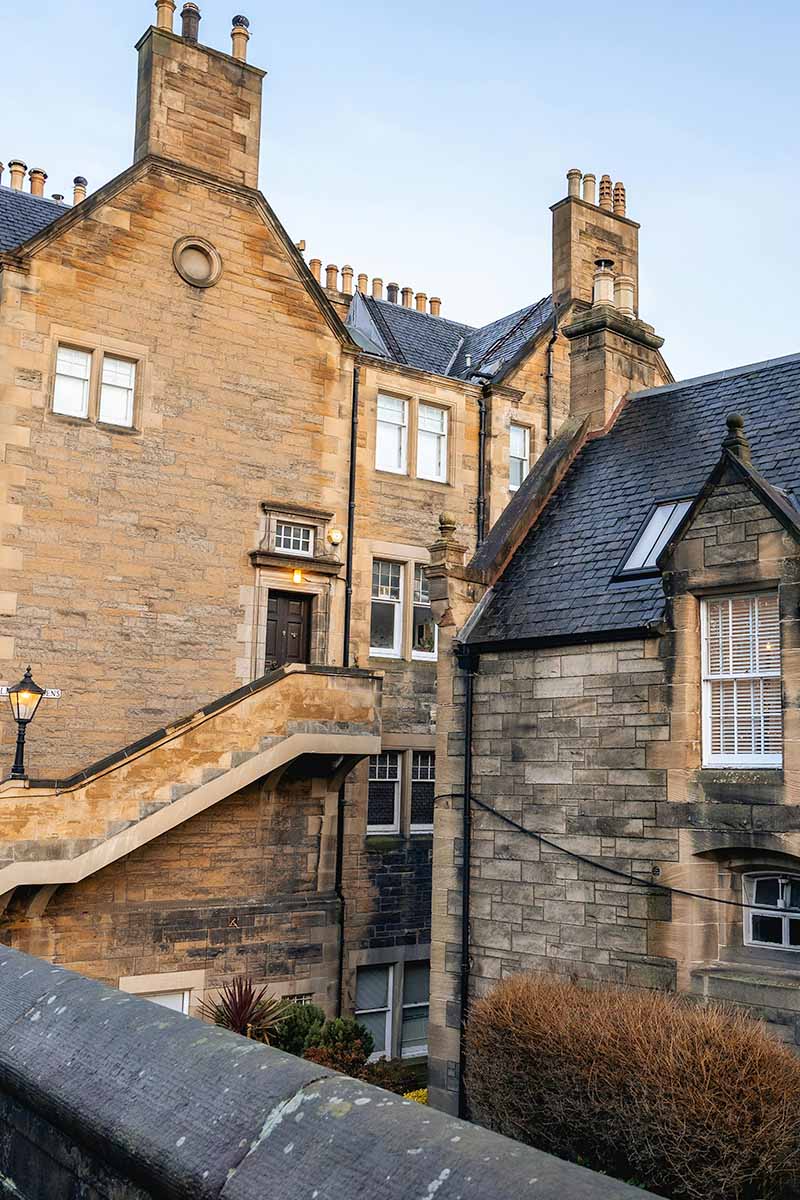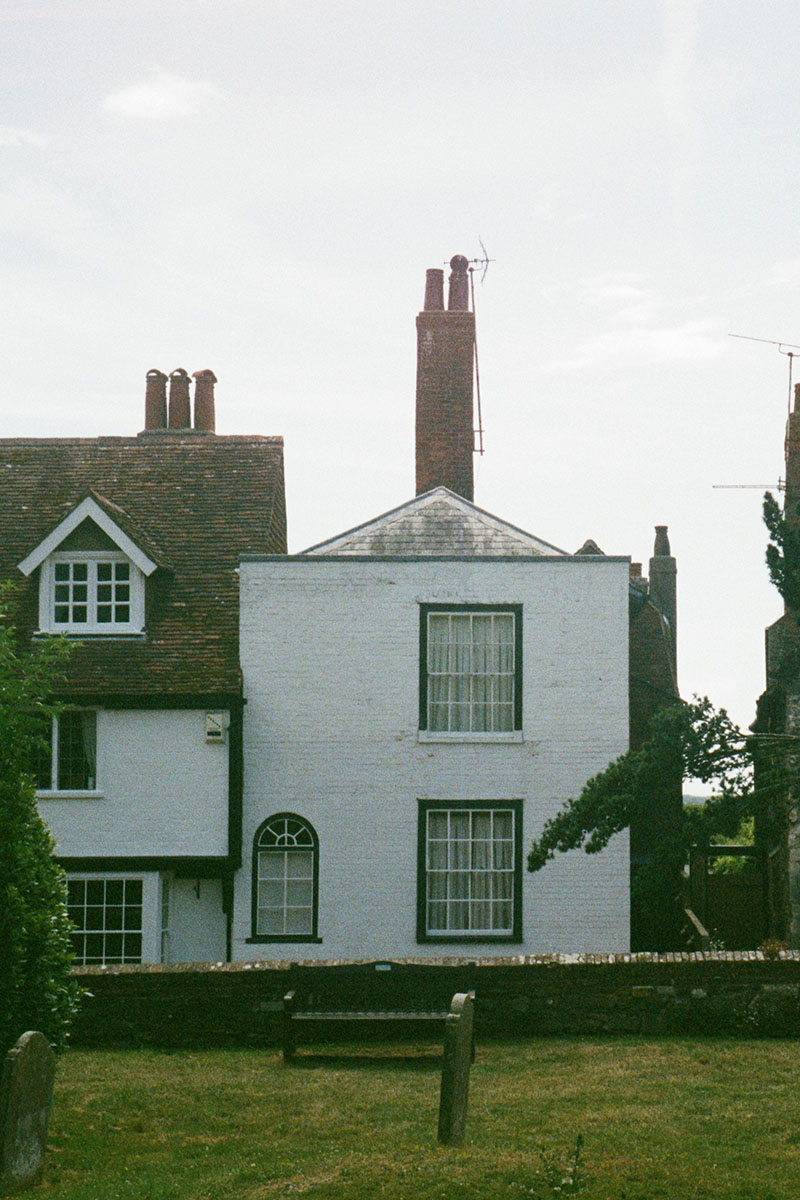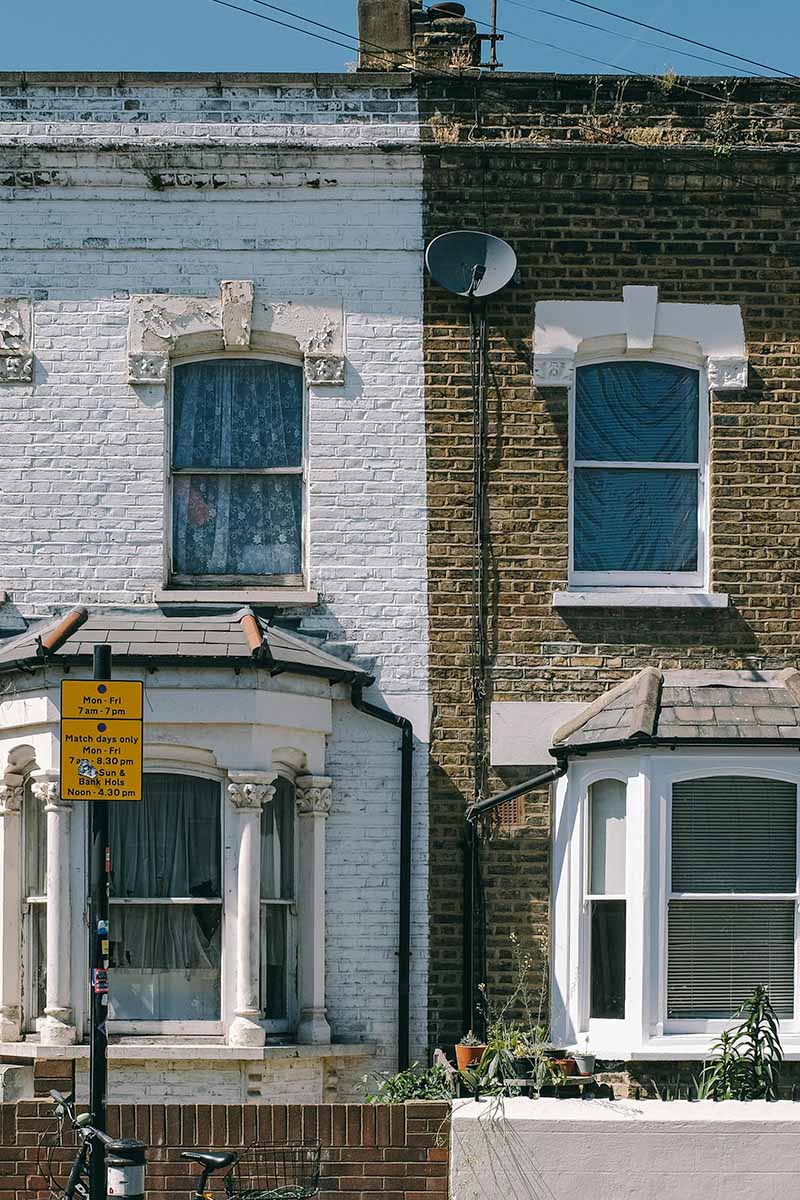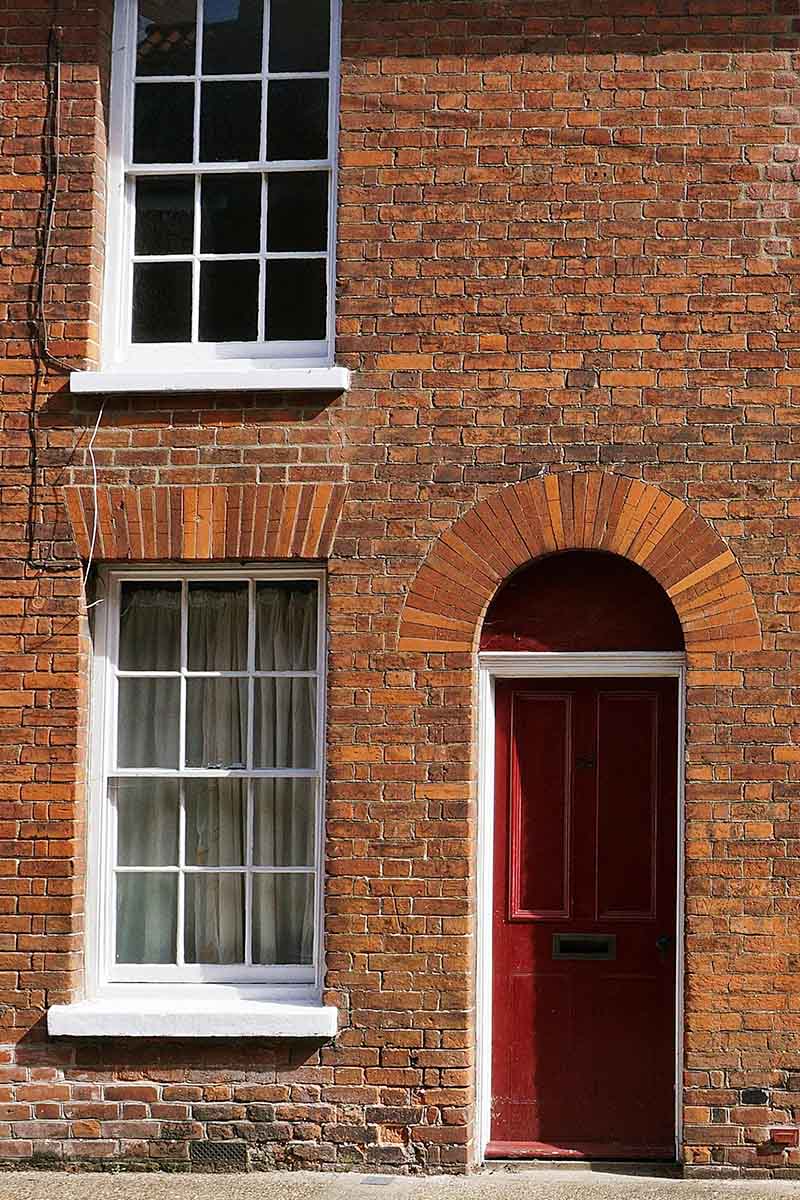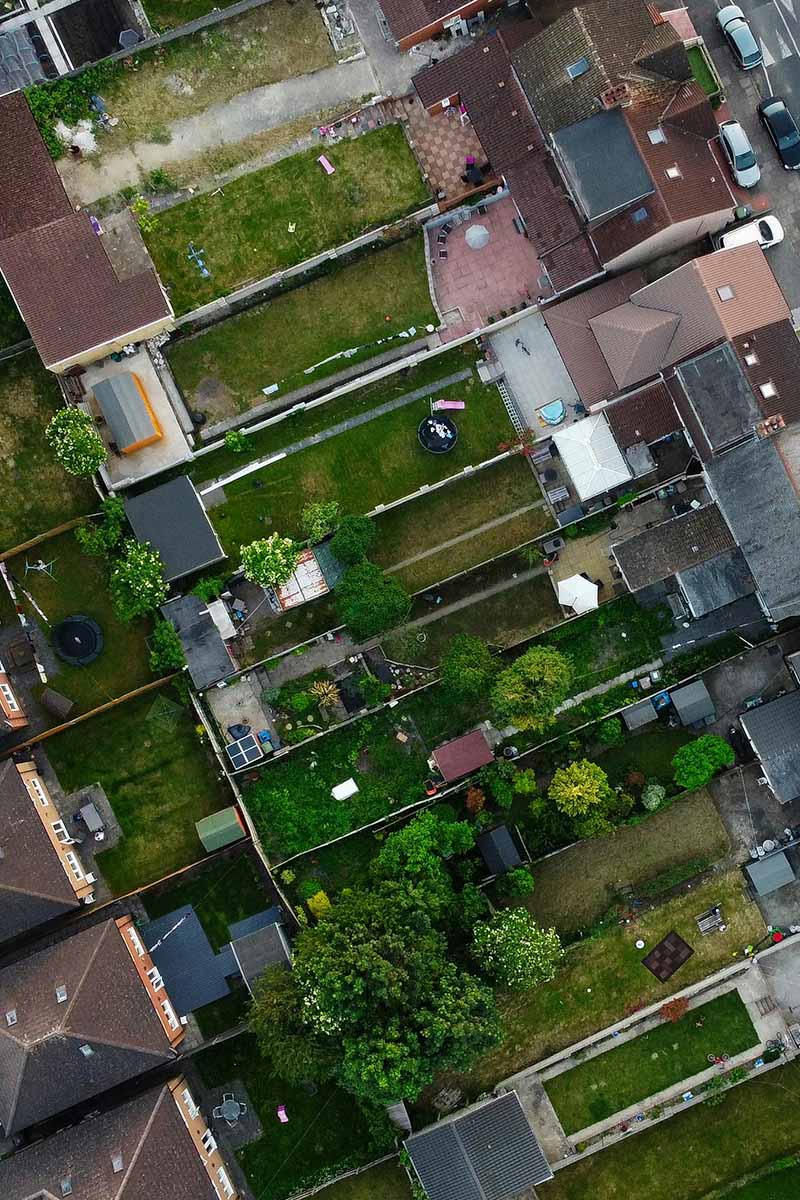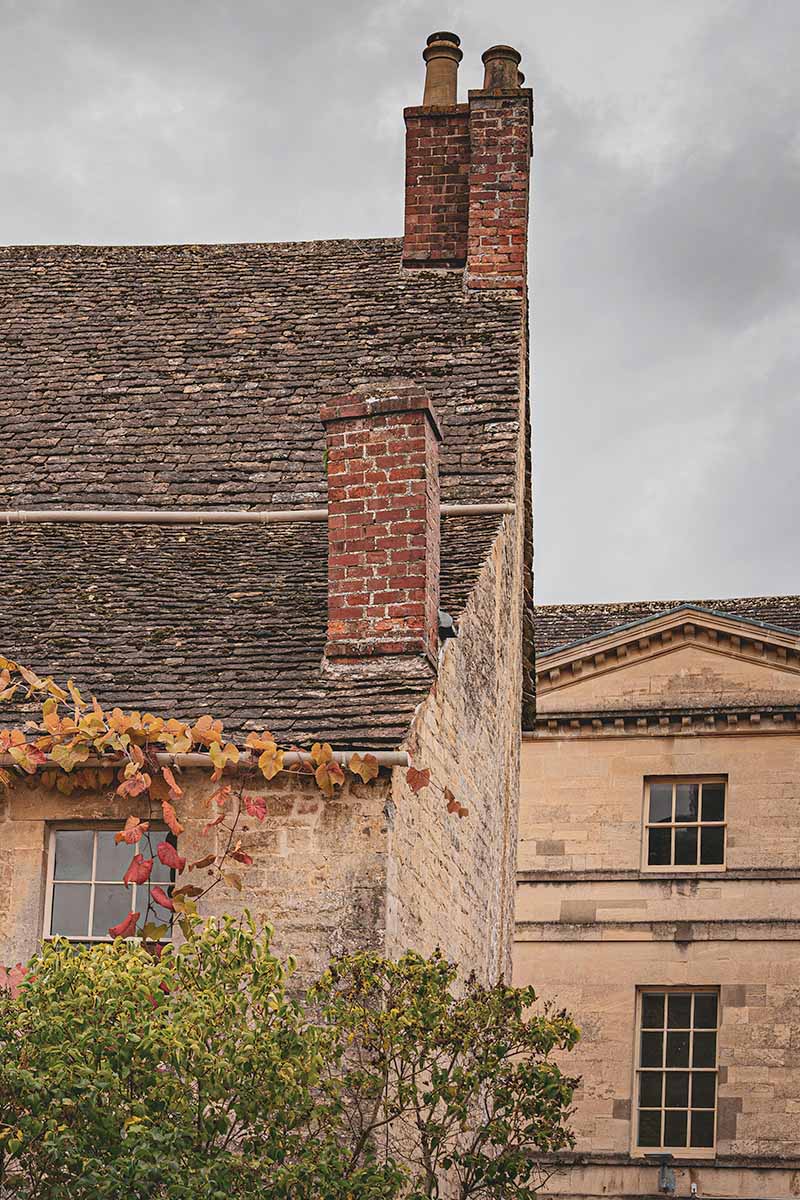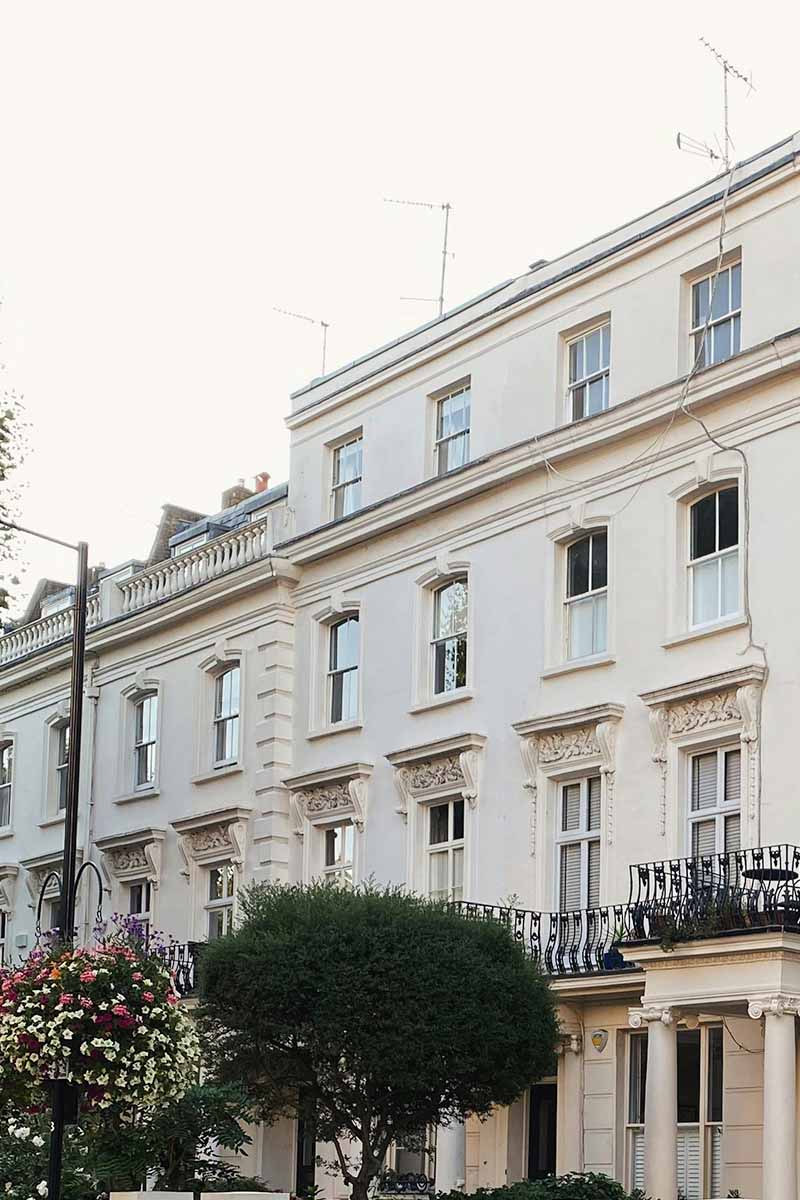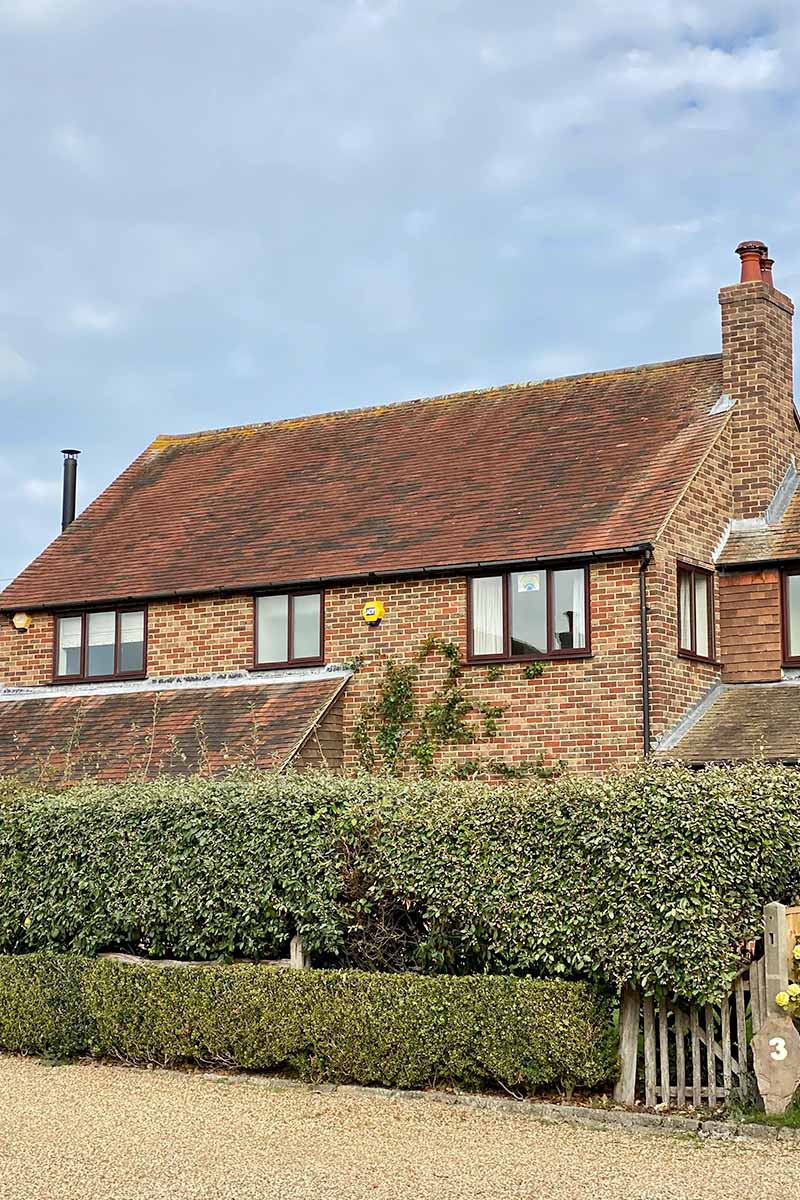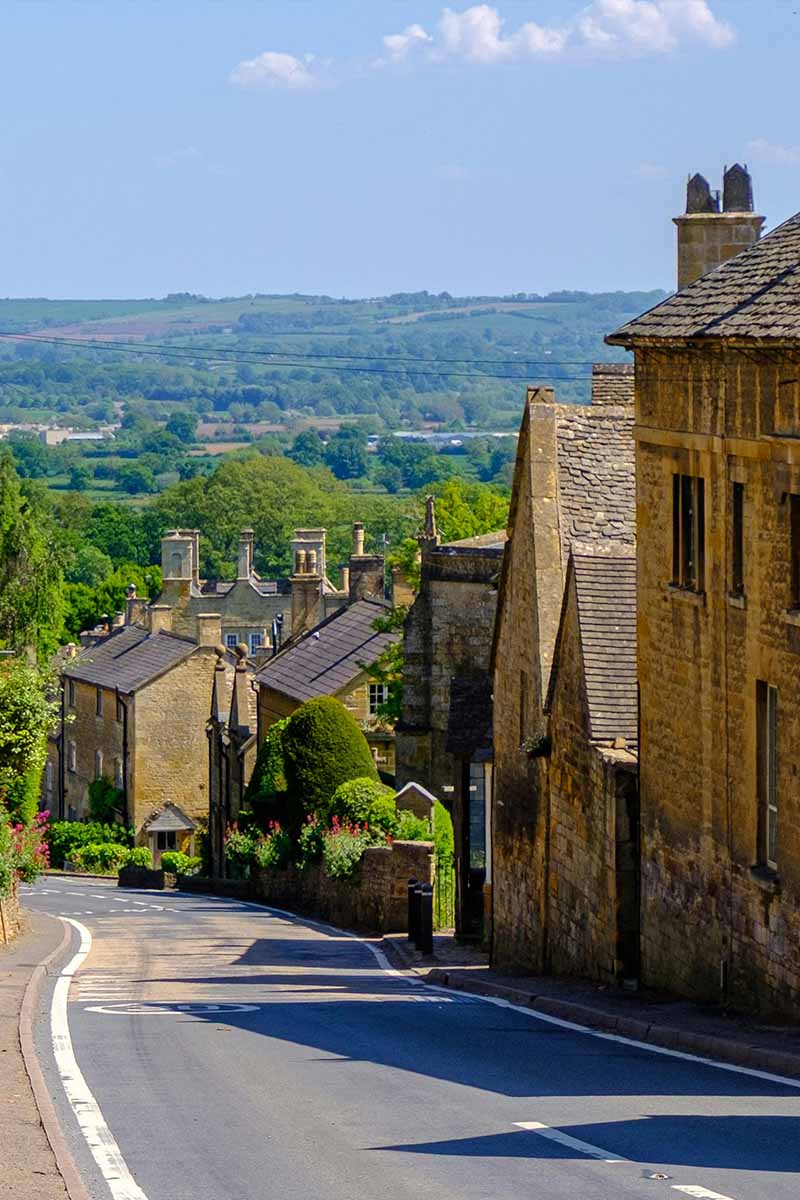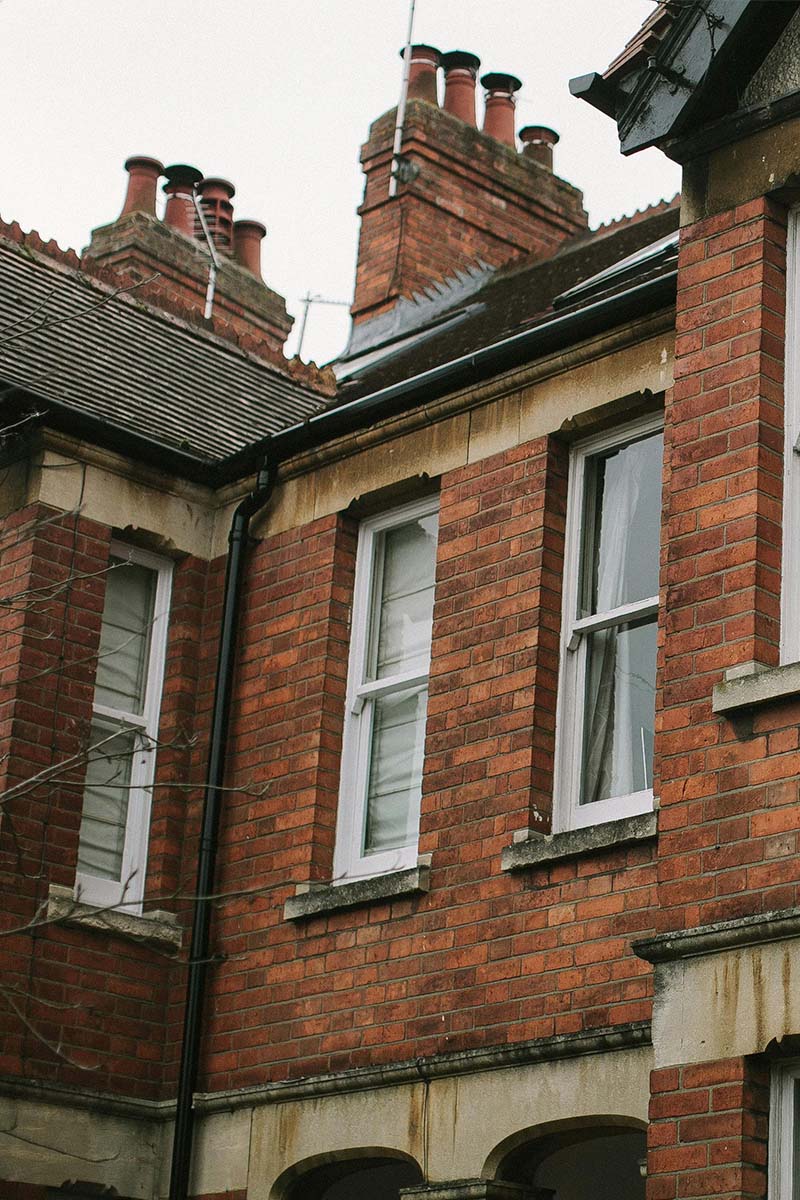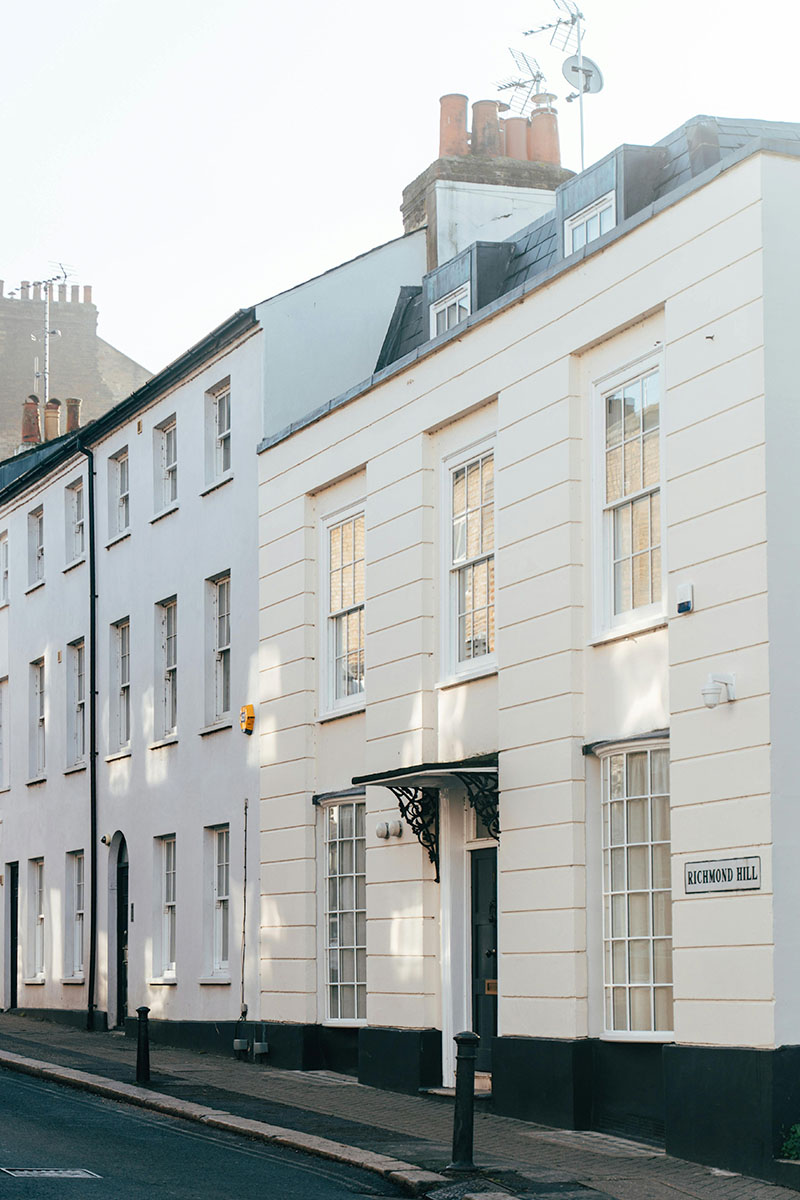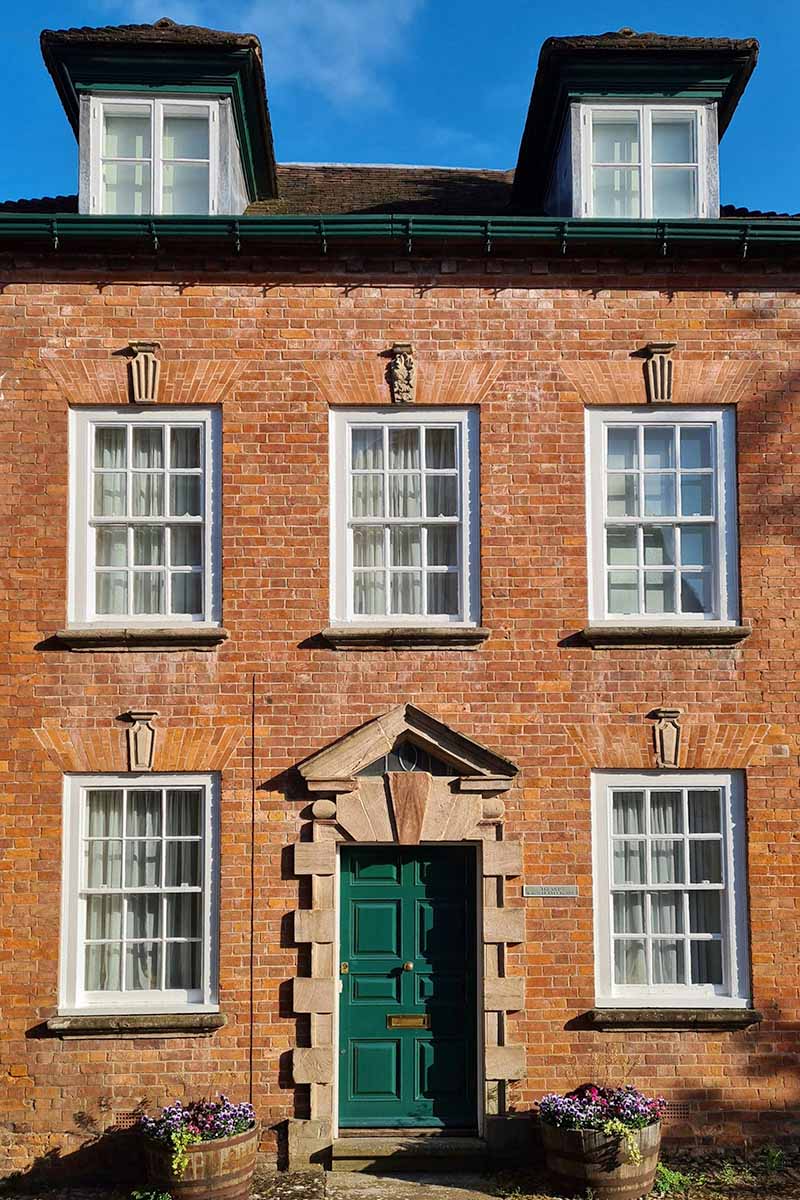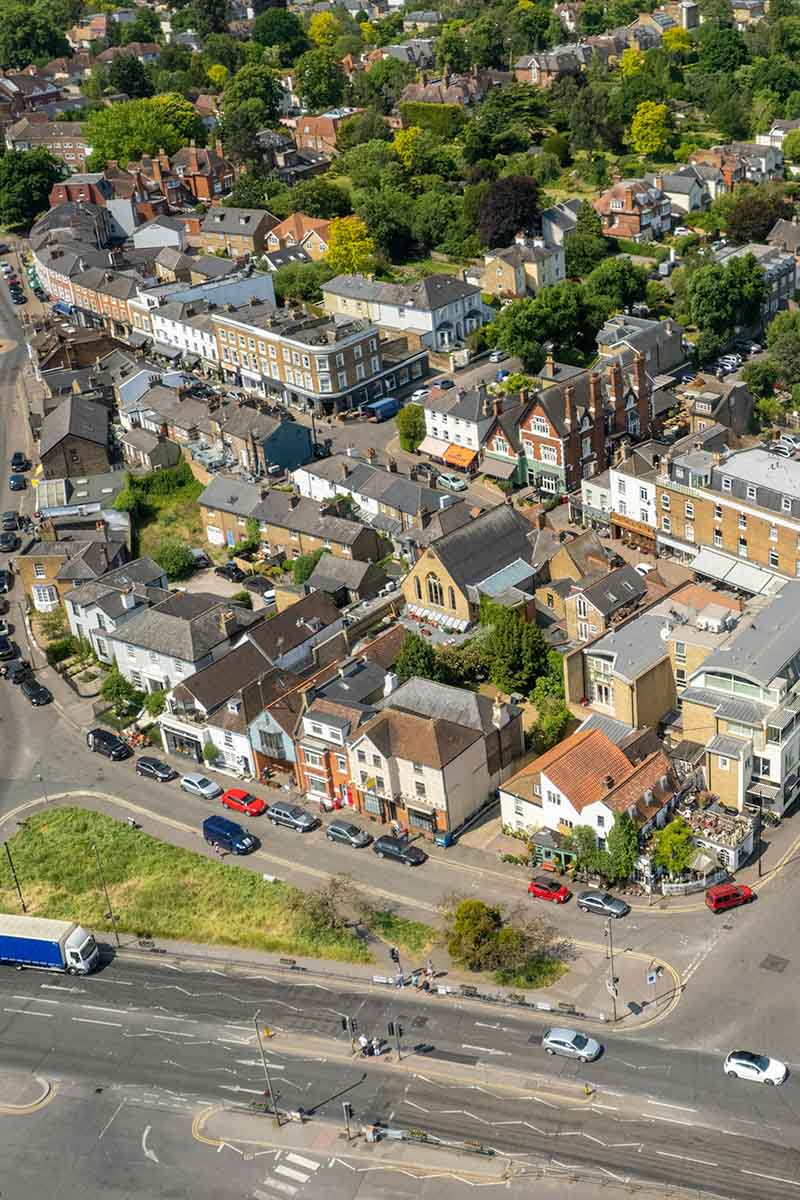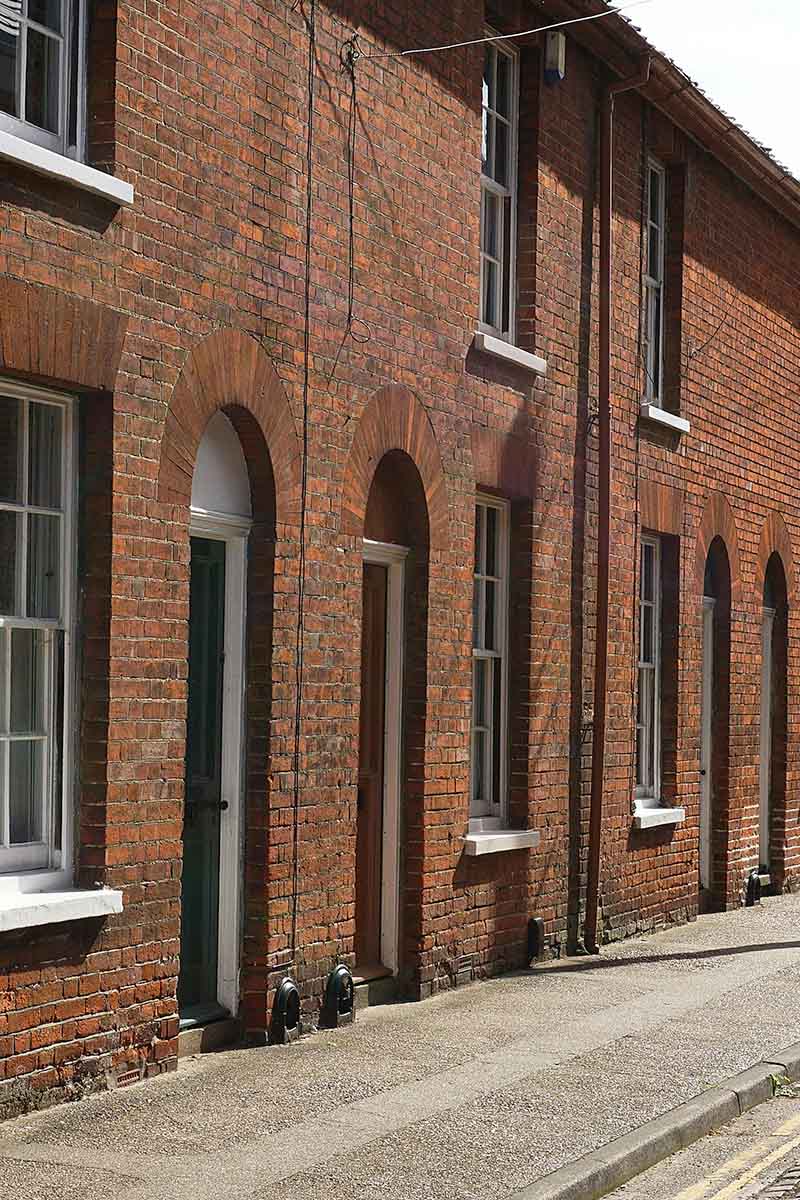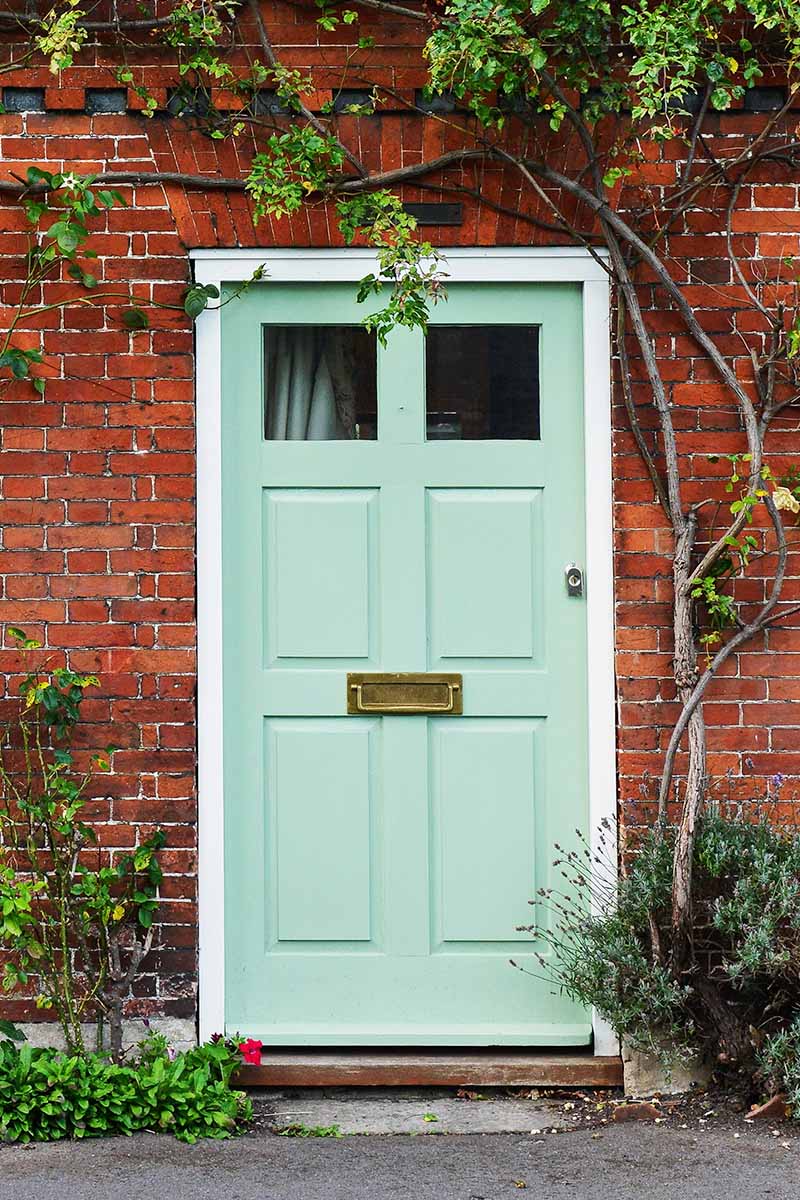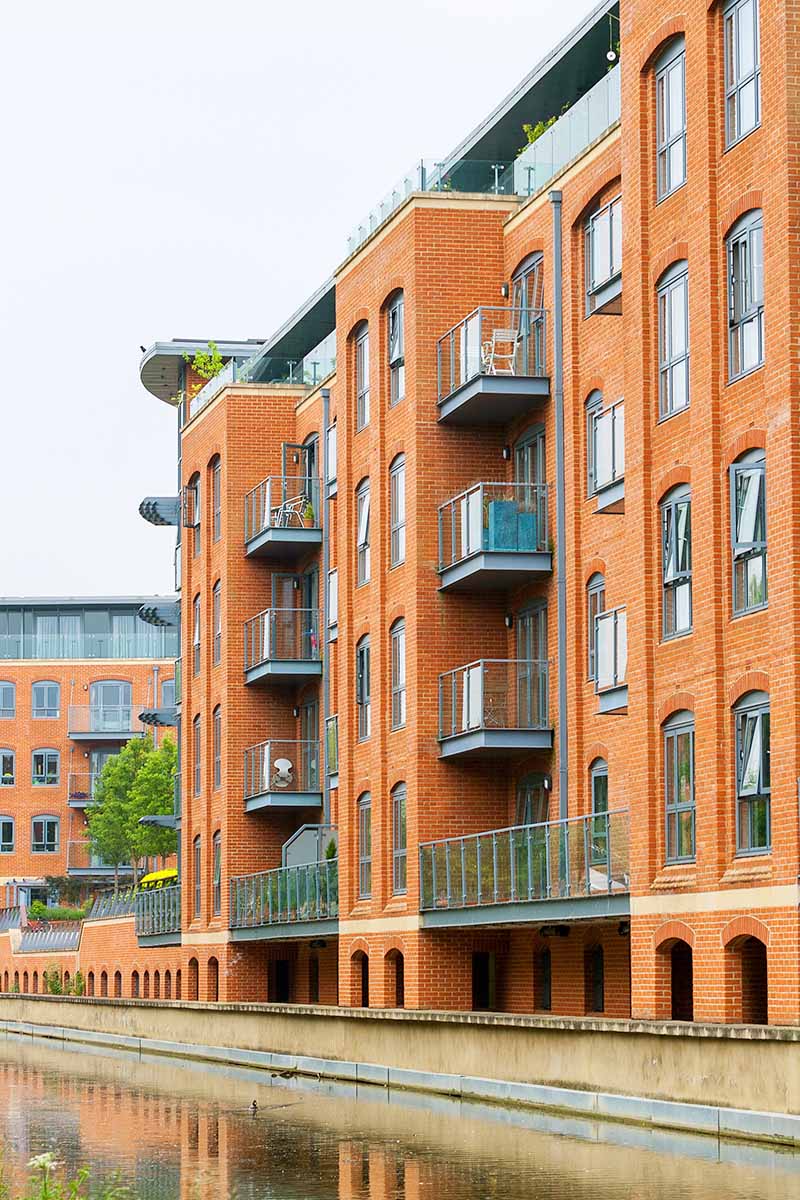Should you renovate an inherited property before selling?
Inheriting a home presents both opportunity and complexity. One of the most common questions beneficiaries face is whether to renovate the property before putting it on the market. While upgrading key areas like the kitchen or bathroom may boost its resale value, renovation also brings costs, time delays, and potential risks. In this guide, we explore the financial pros and cons, market data, typical costs, and key factors to help you make an informed decision.
Renovating before selling can raise the value of an inherited home, but it’s not always the most practical or profitable option. Here’s what to consider:
- Kitchen or bathroom updates can increase value by 5–10%.
- Full renovations often recoup only part of their cost on resale.
- Delays add monthly costs like Council Tax and insurance.
- Disputes may arise between heirs about whether or not to renovate.
- A quick ‘as-is’ sale to a cash buyer like Habello can avoid delays, disputes, and unexpected renovation costs.
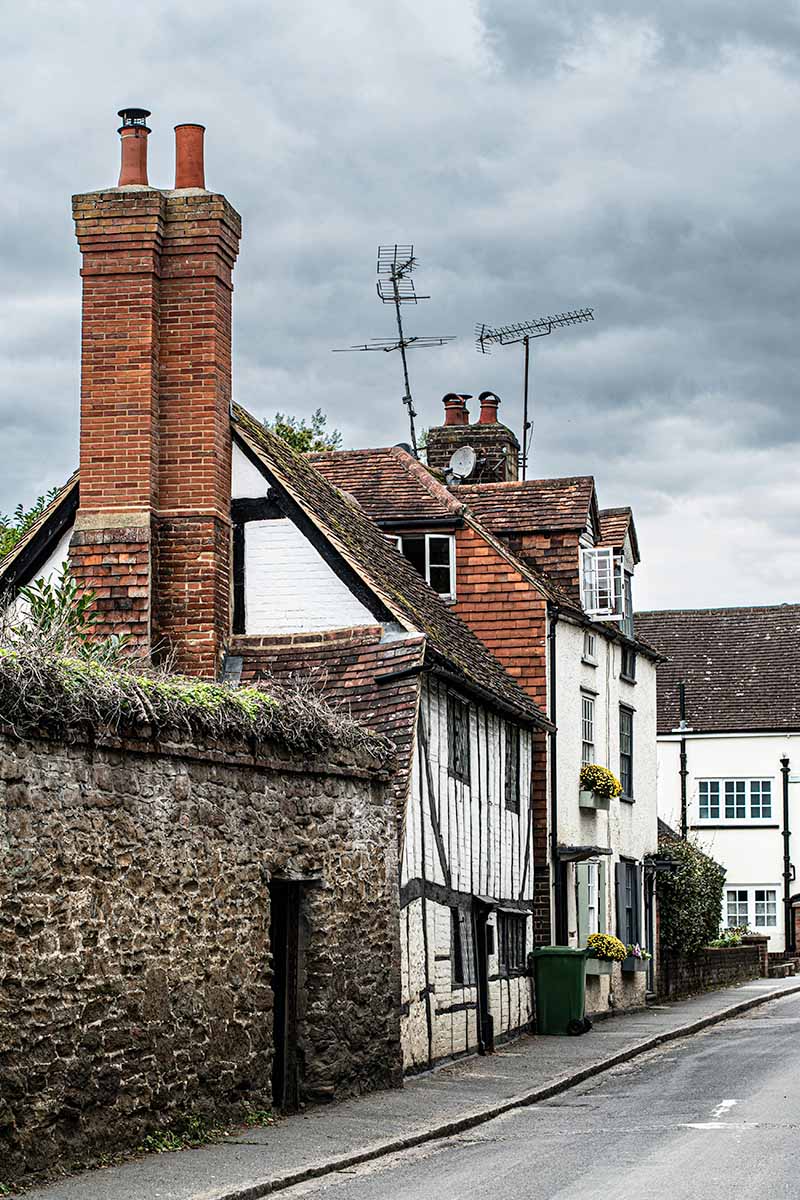
Typical renovation costs in the UK
Understanding average project costs helps you decide what’s realistic. The table below outlines common renovations and their typical price range:
These estimates are based on 2020–2025 UK data and vary by region and spec. Always allow for a contingency of at least 10–15% for unexpected costs.
Will renovations increase sale value or speed?
Renovating can boost your sale price and attract more buyers, but the payoff depends on the type of work and the property’s location.
- A new kitchen may add 6–10% to the value.
- A bathroom upgrade can increase value by 3–5%.
- Cosmetic refreshes improve buyer perception but may not boost price significantly.
Well-presented homes typically attract more offers and sell faster. However, over-improving for the area can limit your return. Most renovations do not deliver £1 gained for every £1 spent.
Before renovating, get an agent’s valuation both “as-is” and “post-renovation” to see if the uplift justifies the time and cost.
If you’re not keen on taking on the risks or waiting months for building work, selling directly to a cash buyer may be the simpler option. Habello can provide a no-obligation valuation based on the home’s current condition, so you can compare both routes side by side.
Pros and cons of renovating before selling
Renovation isn’t always the right route. Weigh the potential gain against the cost, time, and stress.
Pros
- Higher sale price: Especially for kitchens, bathrooms, and move-in-ready appeal.
- More buyer interest: Modernised homes attract a broader market.
- Faster sale (in some cases): If upgrades fix major buyer objections.
- Fewer issues at survey stage: Reduces chance of fall-throughs.
- Personal satisfaction: For some heirs, it feels right to restore the home before sale.
Cons
- Upfront costs: You or the estate must fund the work before any sale proceeds arrive.
- No guaranteed profit: Many improvements only recover part of their cost.
- Project delays: Weather, contractor issues, or planning delays can drag out completion.
- Heir disagreements: Everyone must agree to invest; conflict can derail plans.
- Market risk: House prices could fall while the work is underway.
- Buyer preferences vary: Some buyers prefer a blank canvas or dislike recent renovations.
Financial impact of delaying the sale
Even if renovations improve value, holding on to the home longer adds costs.
- Interest on mortgages or loans: Debts linked to the property continue to accrue.
- Council Tax: Often payable after probate is granted and grace periods end.
- Utilities and maintenance: Bills and upkeep still apply, even if vacant.
- Unoccupied property insurance: Required if the house sits empty for over 30–60 days.
- Security risks: Empty homes are more vulnerable to theft or damage.
- Opportunity cost: Equity is locked in the home until sold.
Holding a home for renovation may cost hundreds or thousands over several months. These costs can erode any extra profit from a higher resale price.
Tax considerations
Capital Gains Tax (CGT) is a key factor when selling inherited property.
- CGT is due on any value increase from the probate value to the final sale price.
- Improvement costs (e.g. renovations) are deductible from the taxable gain.
- Each individual has a CGT allowance (e.g. £3,000 in 2024/25).
- If sold at or below the probate value, no CGT applies.
- No direct tax relief exists for renovations beyond CGT deductions.
If the estate sells the home, it may use its CGT allowance for up to two tax years. For larger gains, seek advice to structure the sale to reduce liability.
Save time and hassle by selling your home with us
Get a guaranteed cash offer on any property in England and Wales. All you need to do to get started is enter your address below.
Renovated vs. unrenovated: Who are you selling to?
Renovated properties
These appeal to:
- Traditional buyers: Families, first-time buyers, or anyone using a mortgage.
- Those seeking ‘move-in ready’ homes: They’ll pay more for convenience.
- Buyers with less time or renovation experience.
This route typically commands higher prices, but only if the work is done well.
Unrenovated properties
These appeal to:
- Investors and cash buyers: Often expect 10–20% discount.
- DIY-savvy buyers: Willing to do the work themselves.
- Buyers valuing location over finish.
This route is faster and simpler, but the sale price is often lower.
Middle ground
Light refreshes — such as cleaning, repainting, decluttering — cost little but may improve buyer perception. Many estate agents recommend this low-risk strategy.
Other key considerations
Before making your decision, consider the following:
Are you the sole heir or one of several?
All beneficiaries need to agree to the plan. Renovating without consensus can delay things or lead to disputes.
Will renovation delay probate or debt resolution?
Ongoing debts (e.g. inheritance tax or care fees) might need settling soon. Delaying the sale to renovate can increase financial pressure.
Do you have renovation experience or contacts?
If you can DIY or manage trades efficiently, you may reduce costs and risk. Otherwise, renovation can become a stressful project.
Recap: Renovating an inherited home before selling
Renovating an inherited property before selling can help you achieve a higher sale price and attract more buyers, but it’s not always the most profitable or practical option. The decision should factor in the property's current condition, the likely resale uplift, your financial position, and whether there’s agreement among all heirs.
In many cases, a clean, tidy, and well-maintained sale “as-is” — possibly with basic refreshes — may strike the best balance between speed and value. Before committing to a renovation, gather quotes, get valuations with and without improvements, and calculate all associated costs, including tax.
Property owners are choosing Habello for a faster, easier and less stressful way to sell
Sell your home quickly for cash by accepting an offer just below market value. See how we compare to your other options by using the calculator below.
Related guides
Bring yourself up to speed with our property guides.





